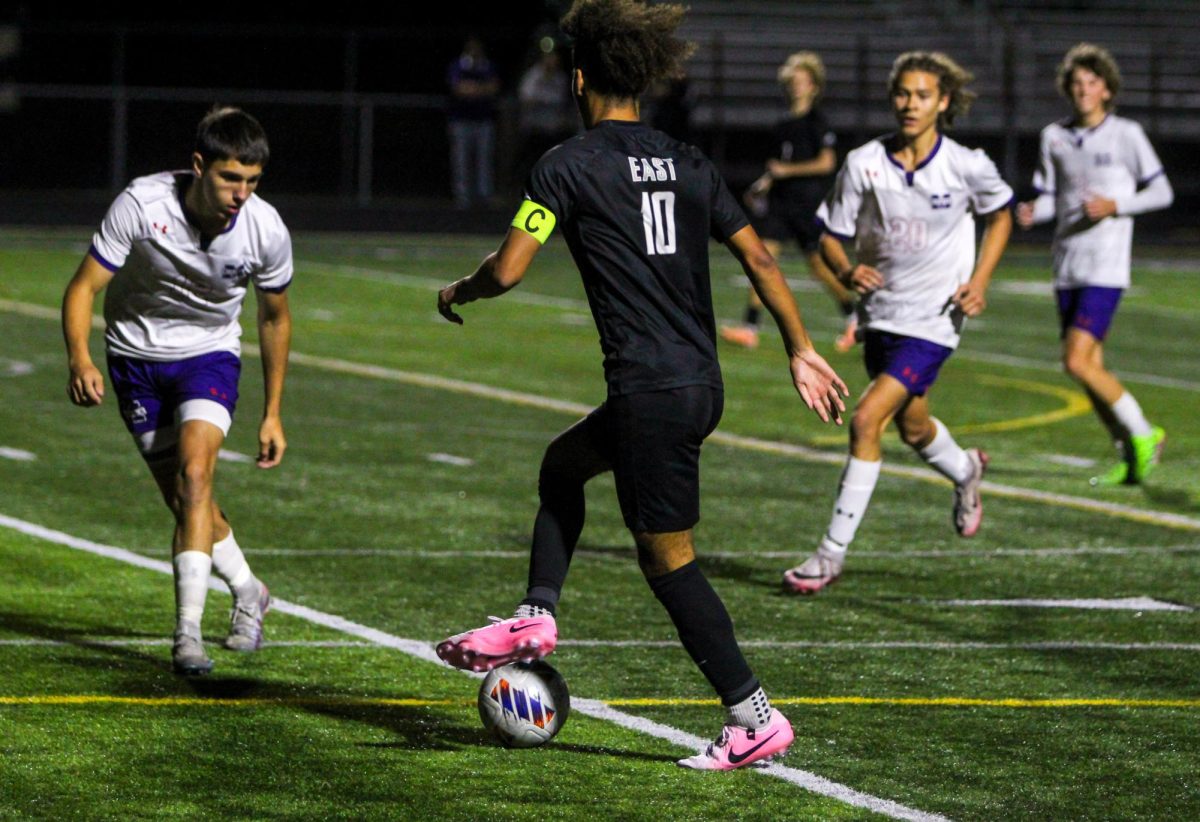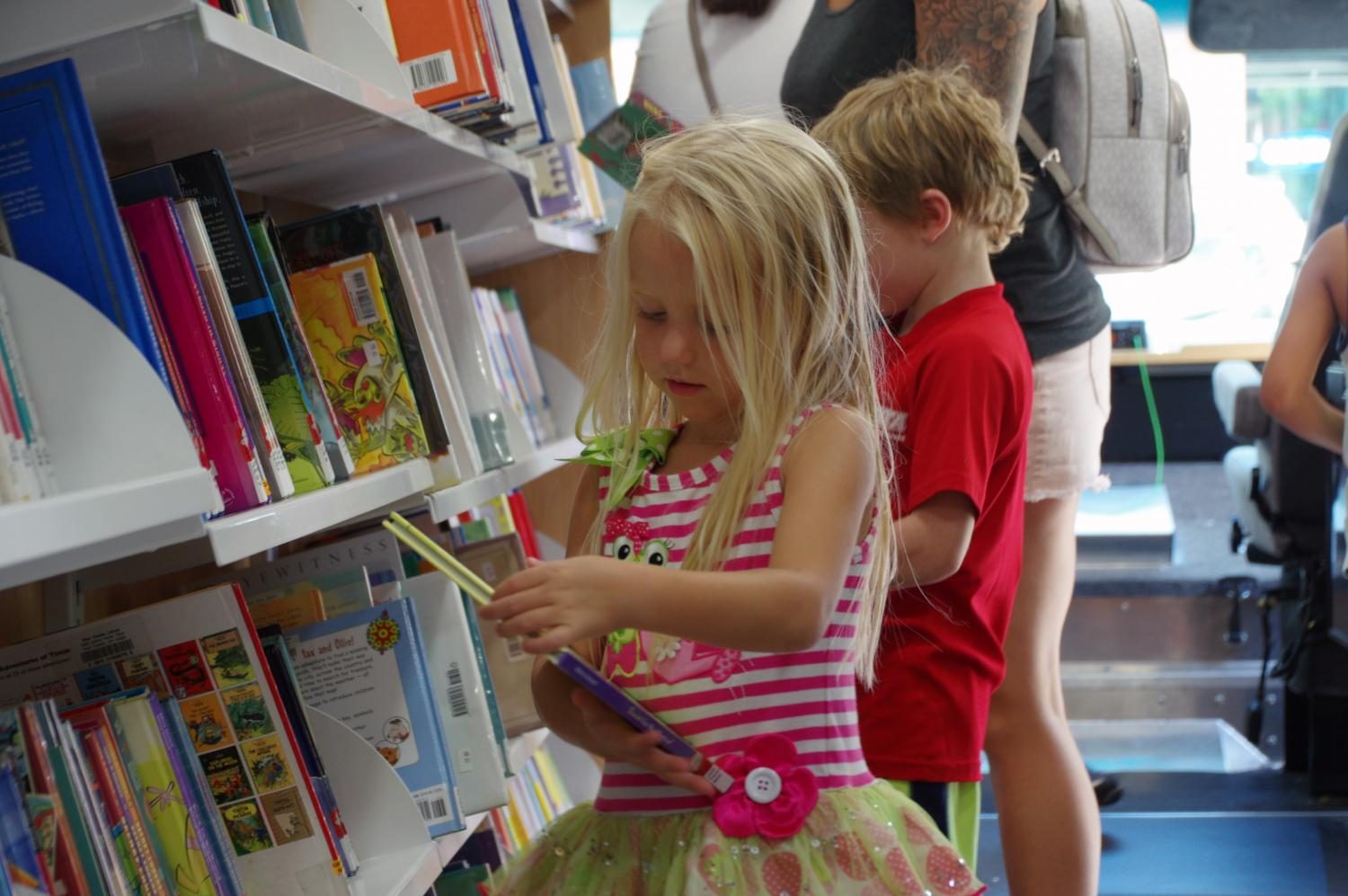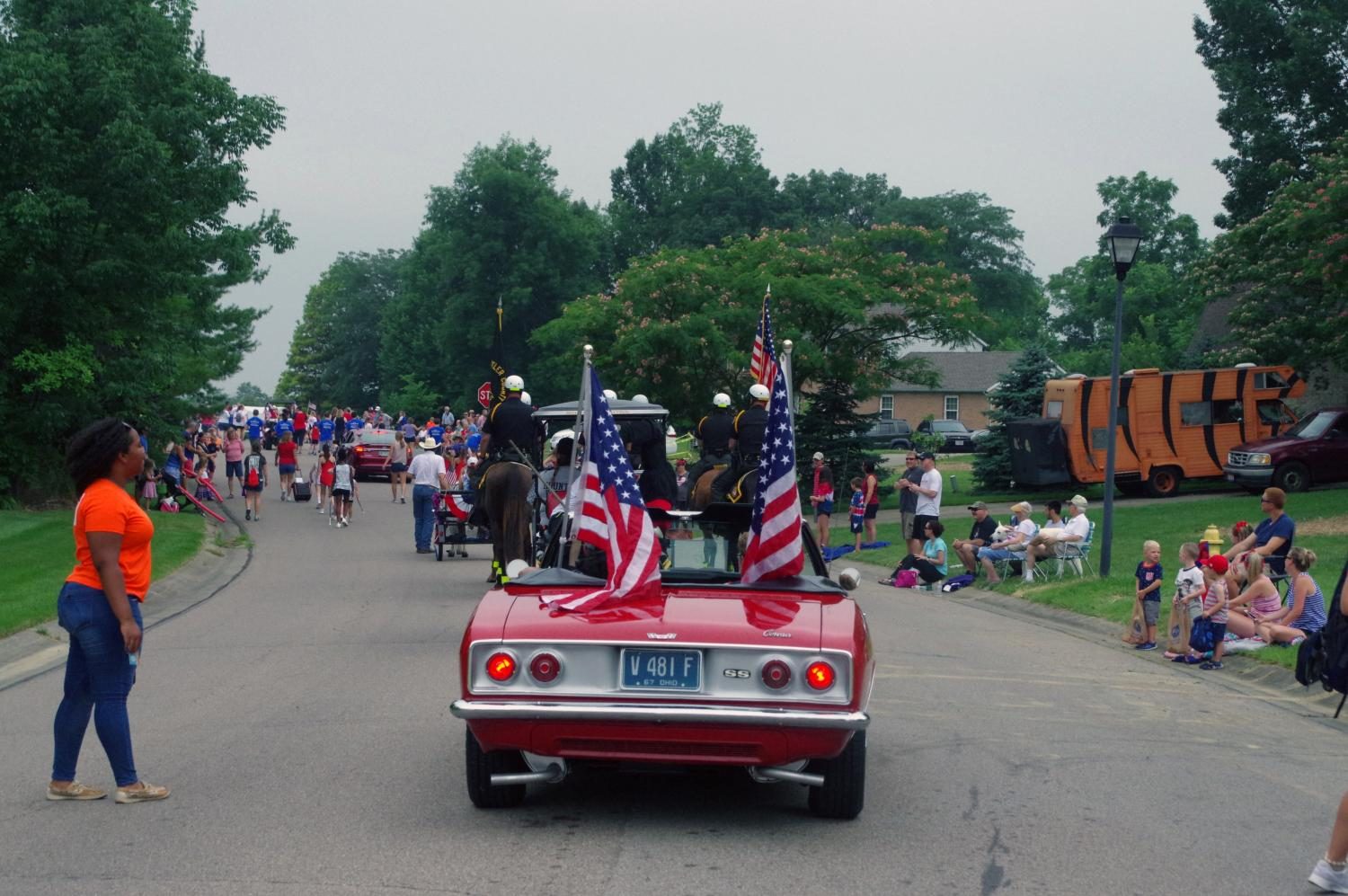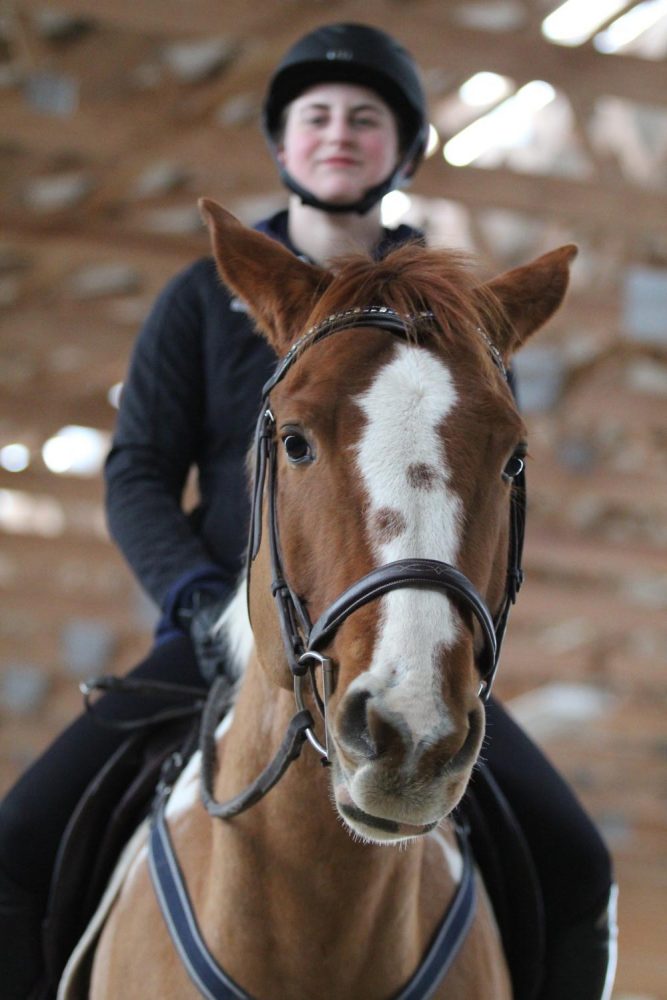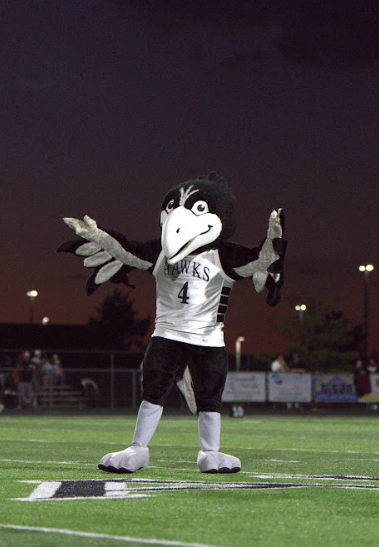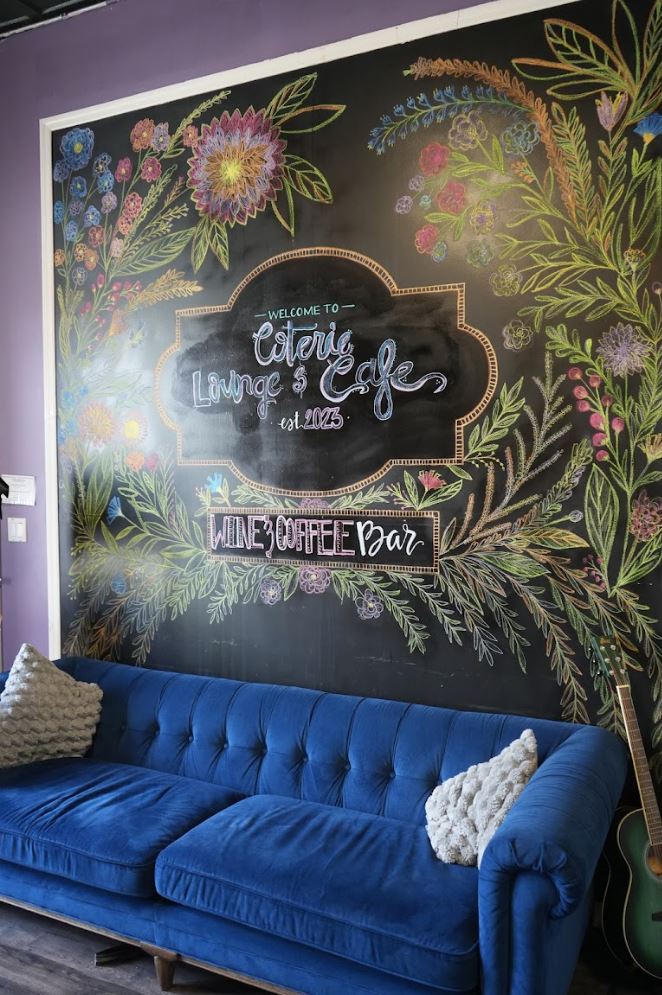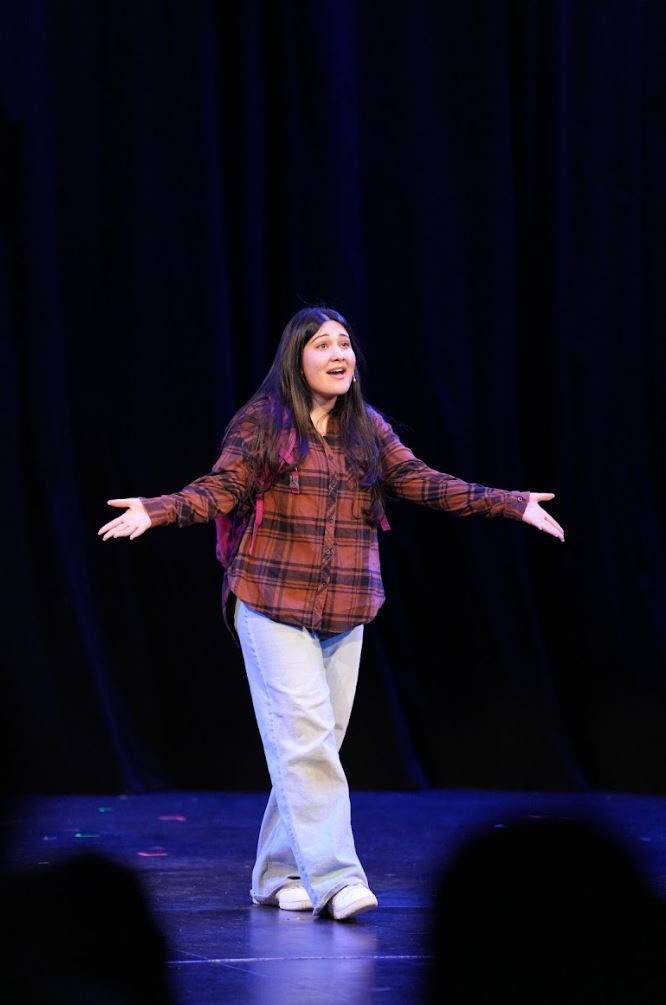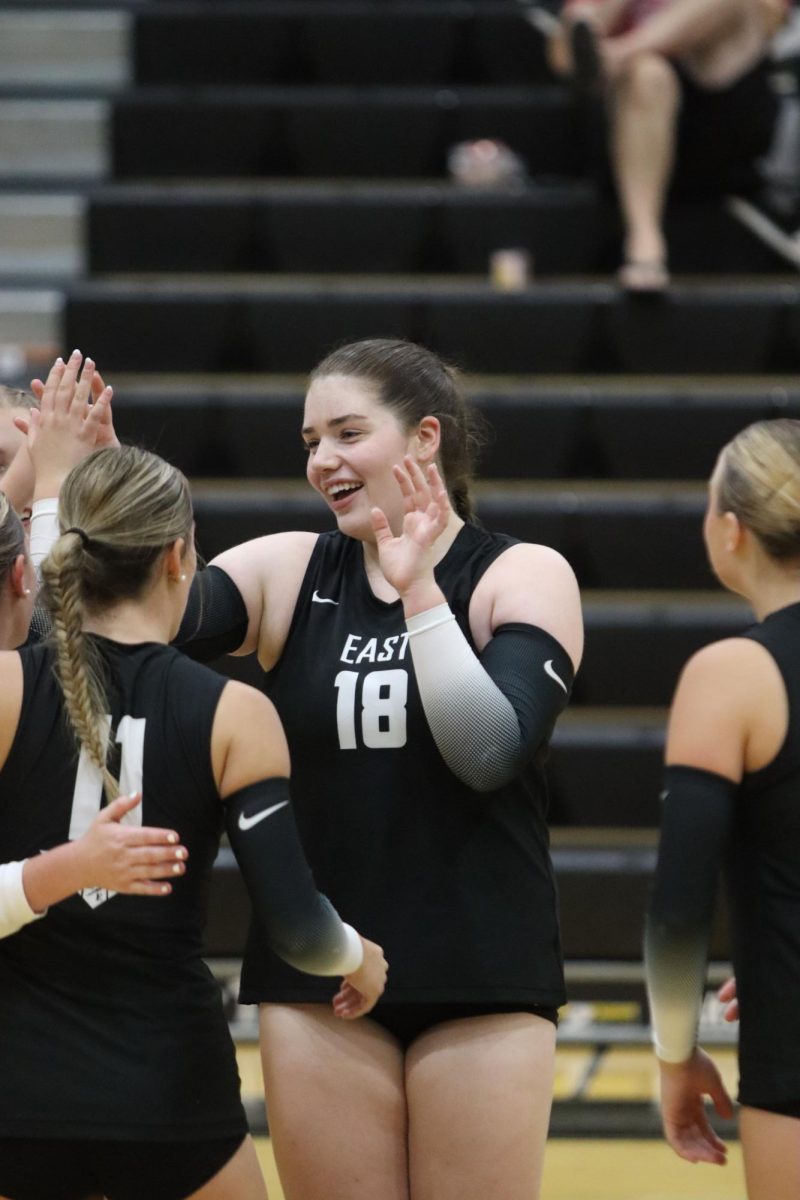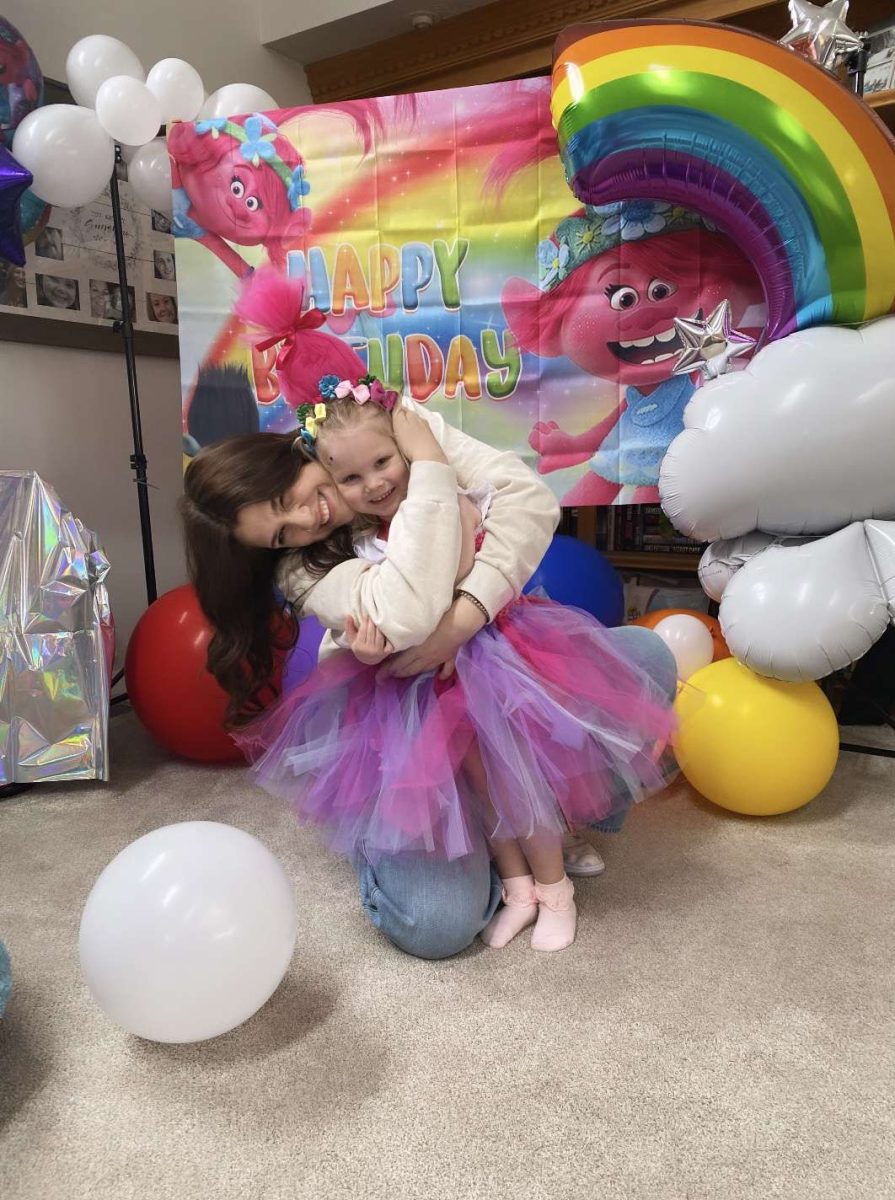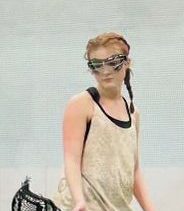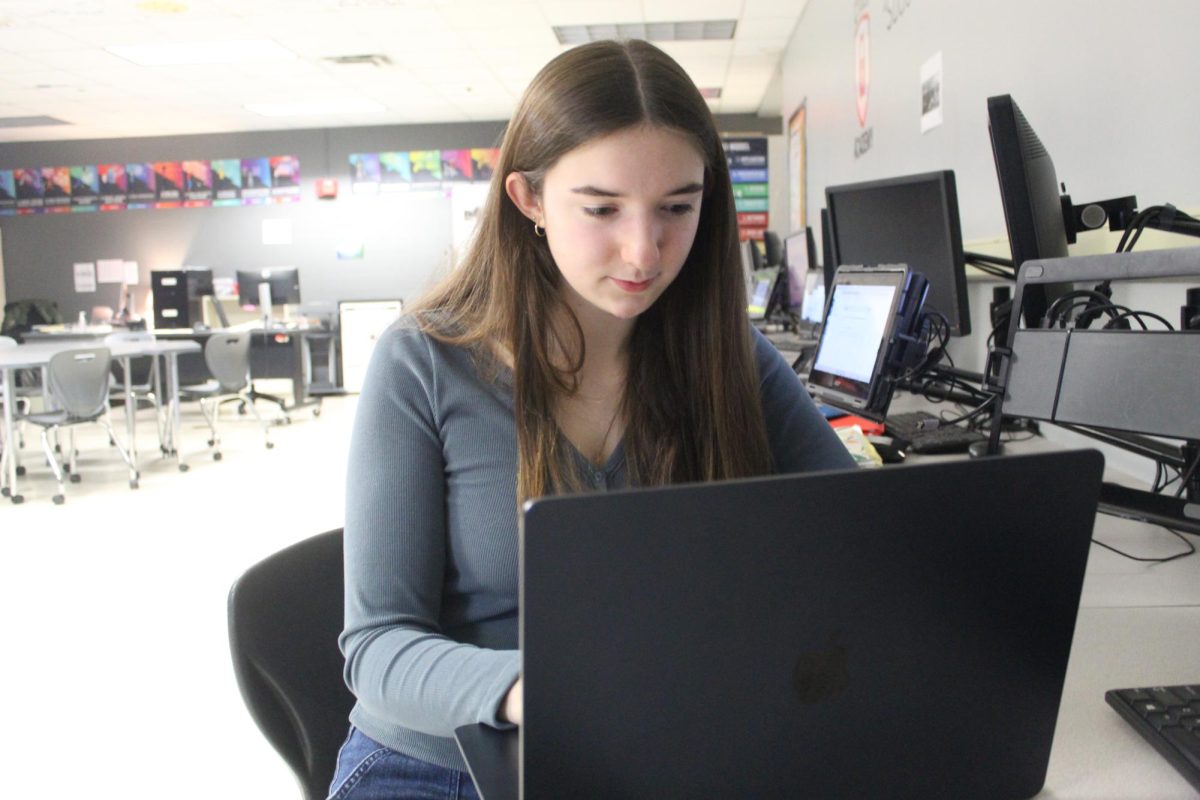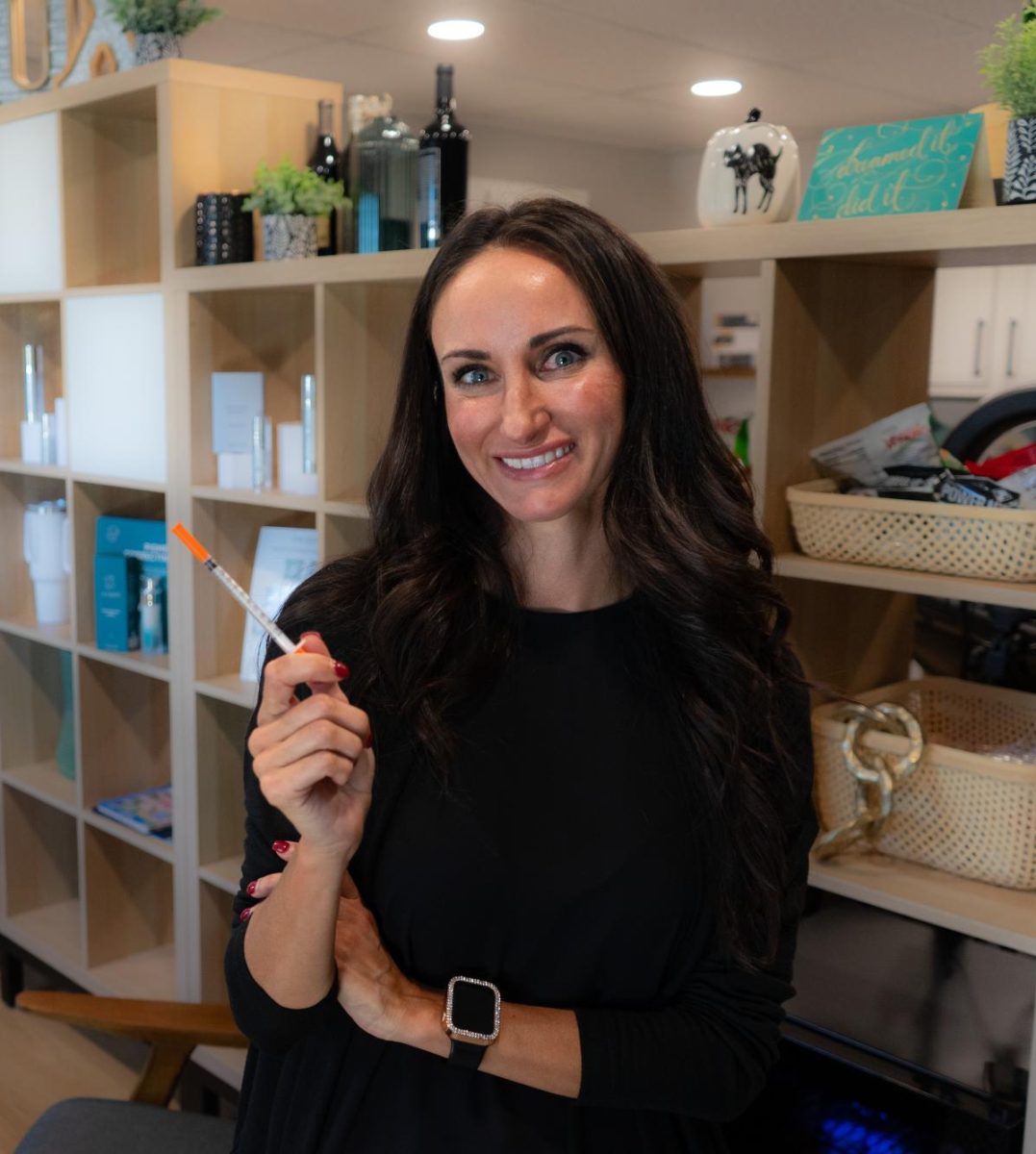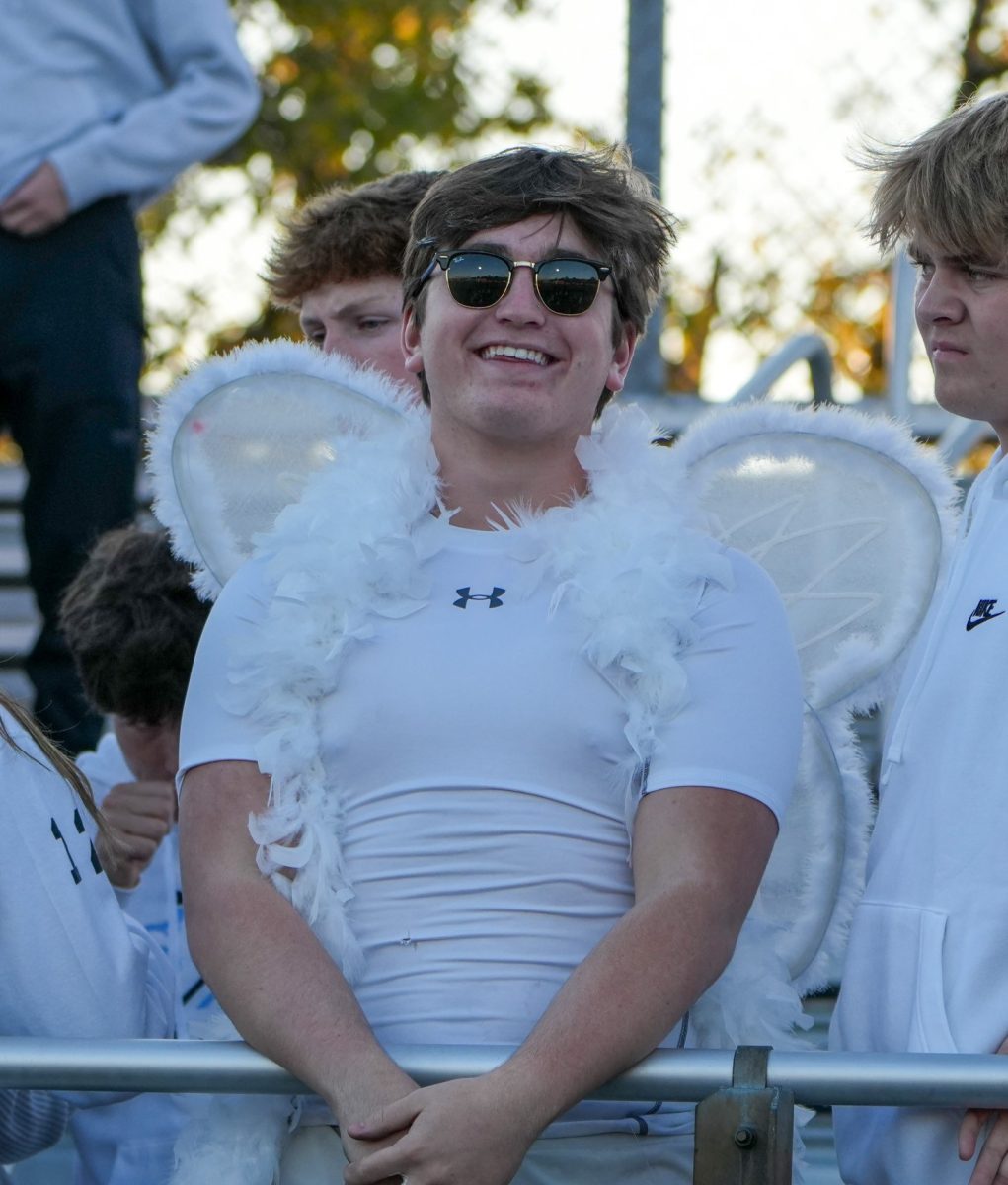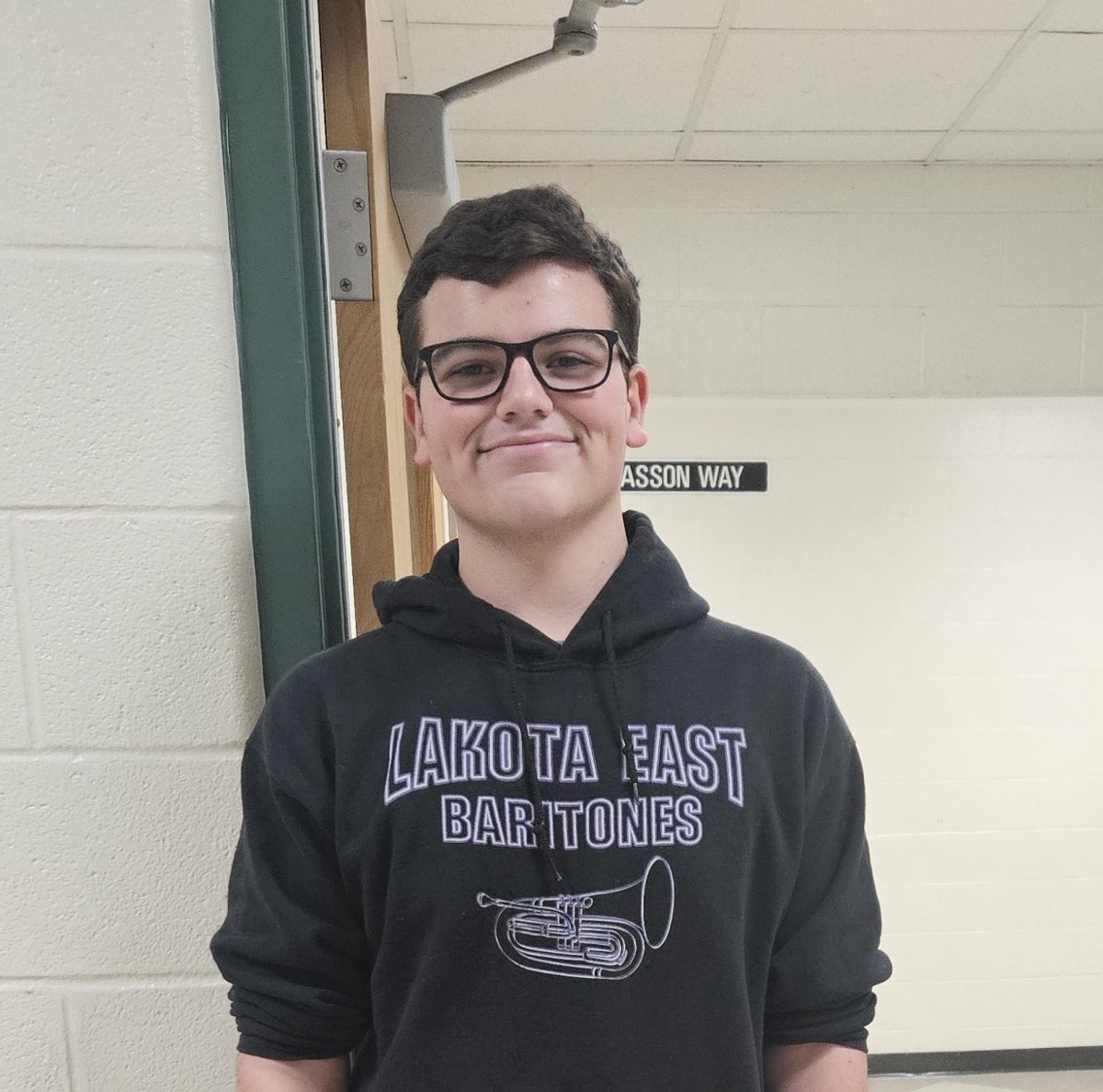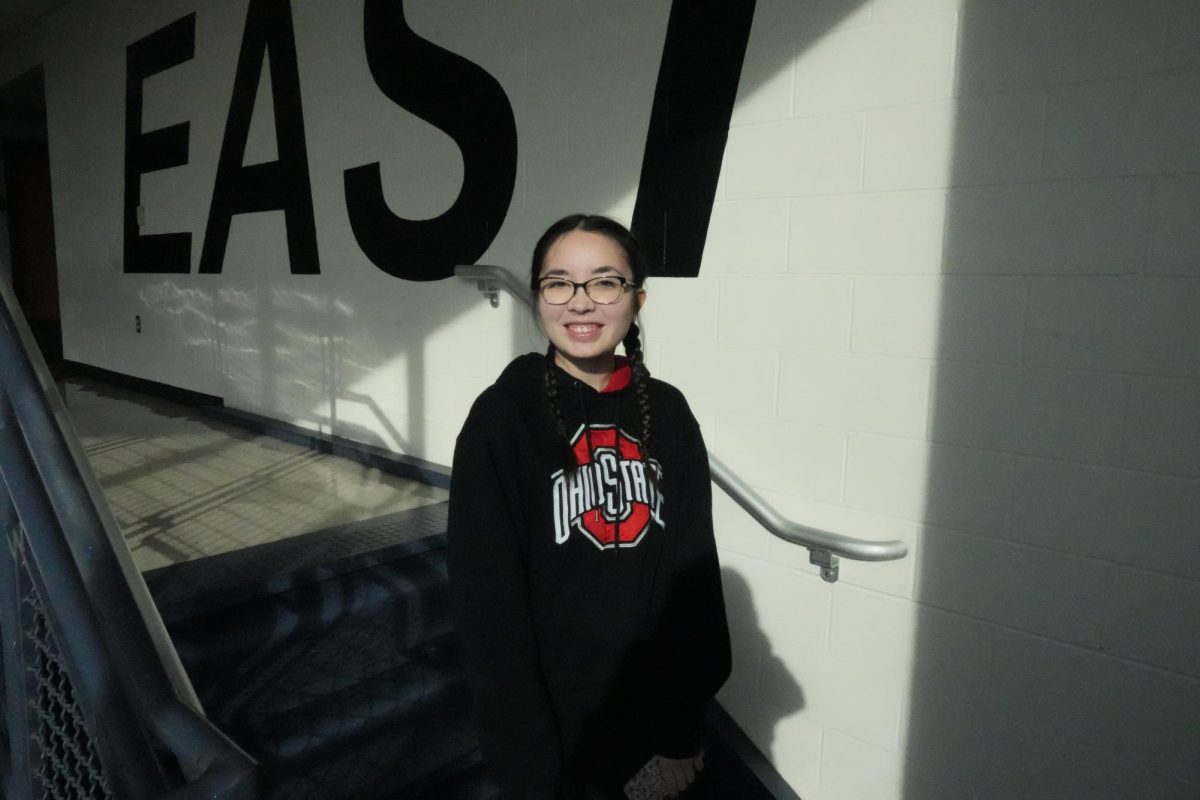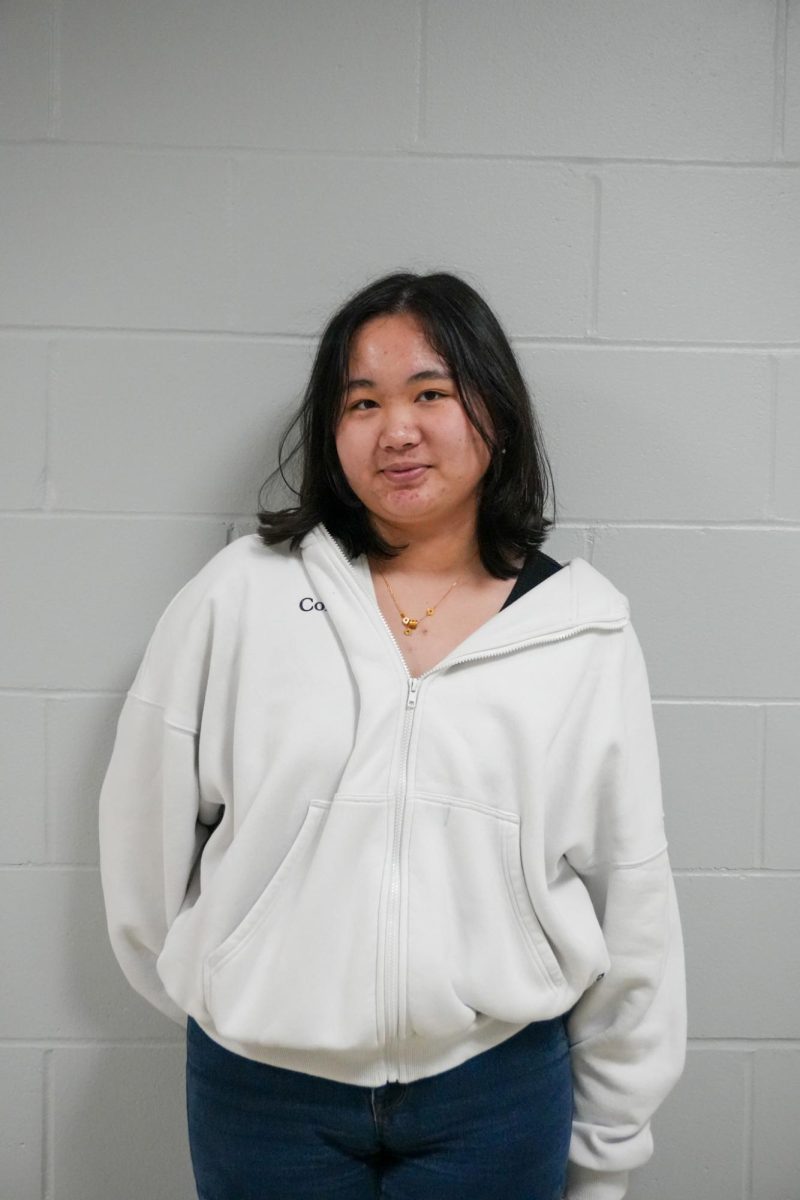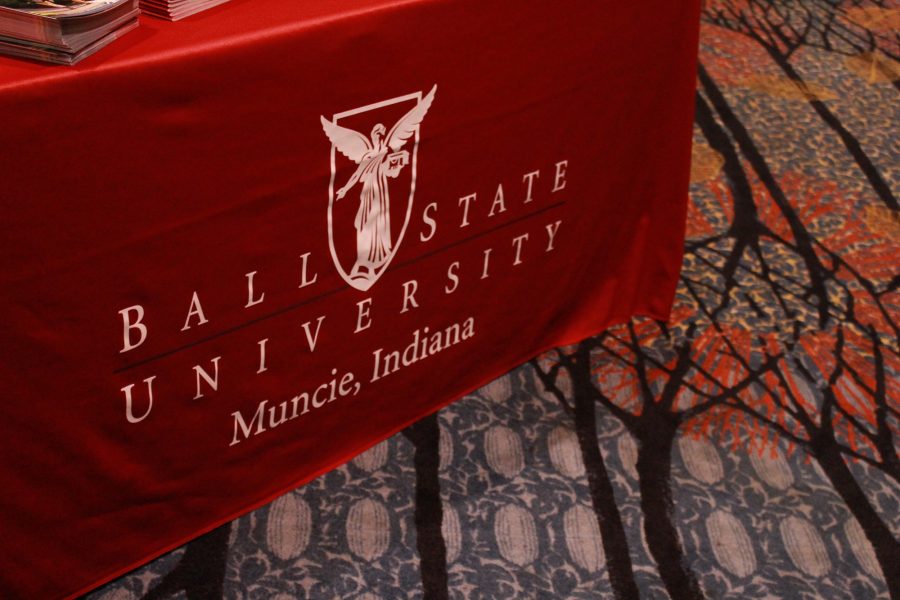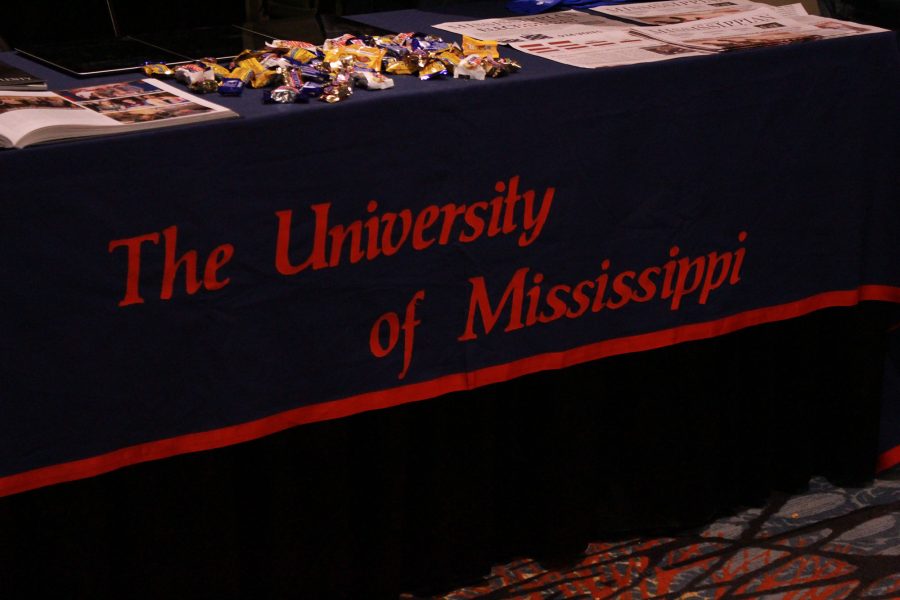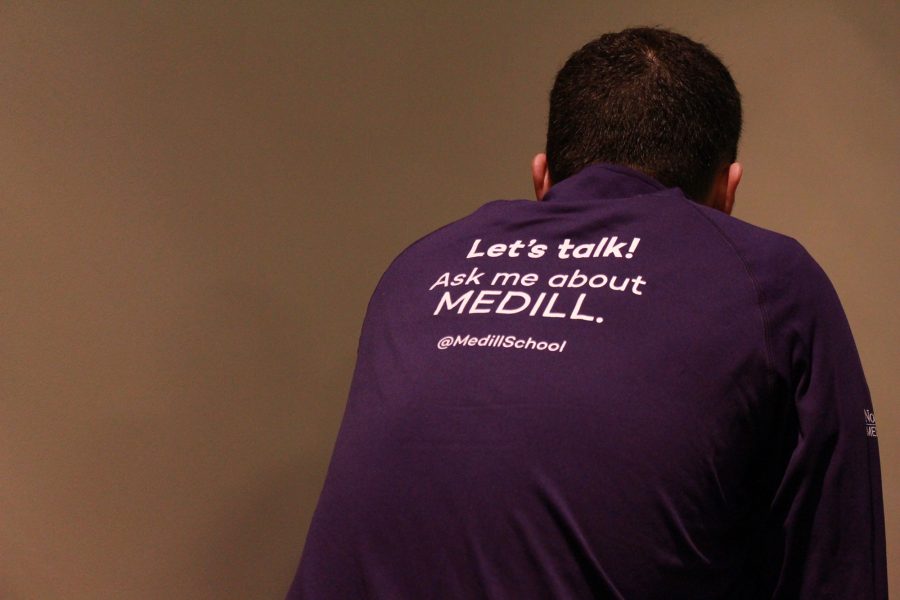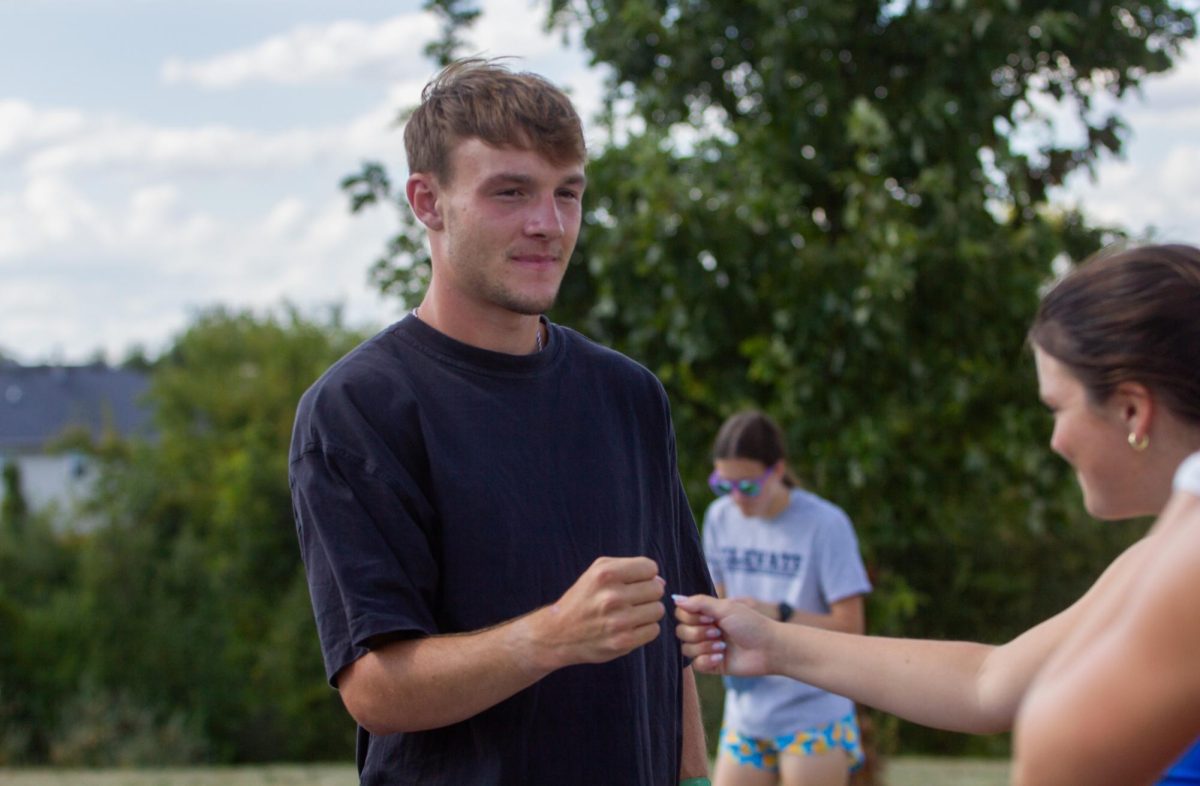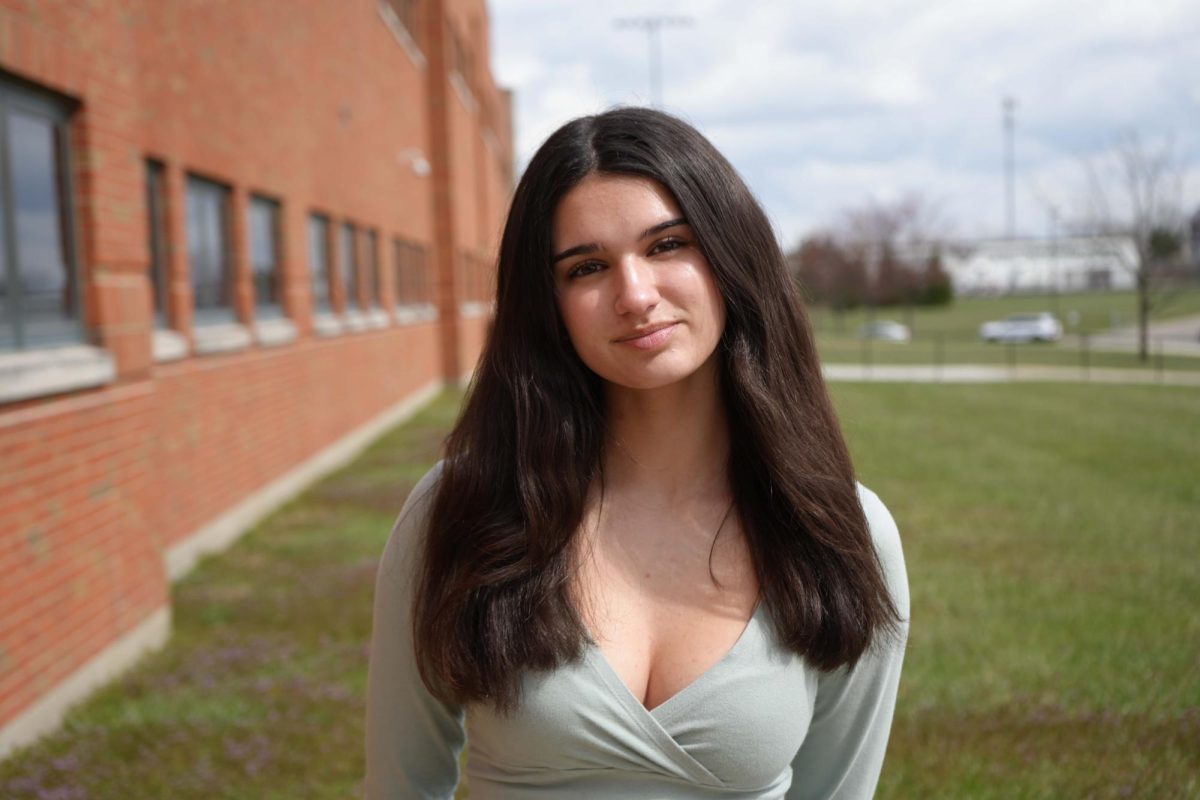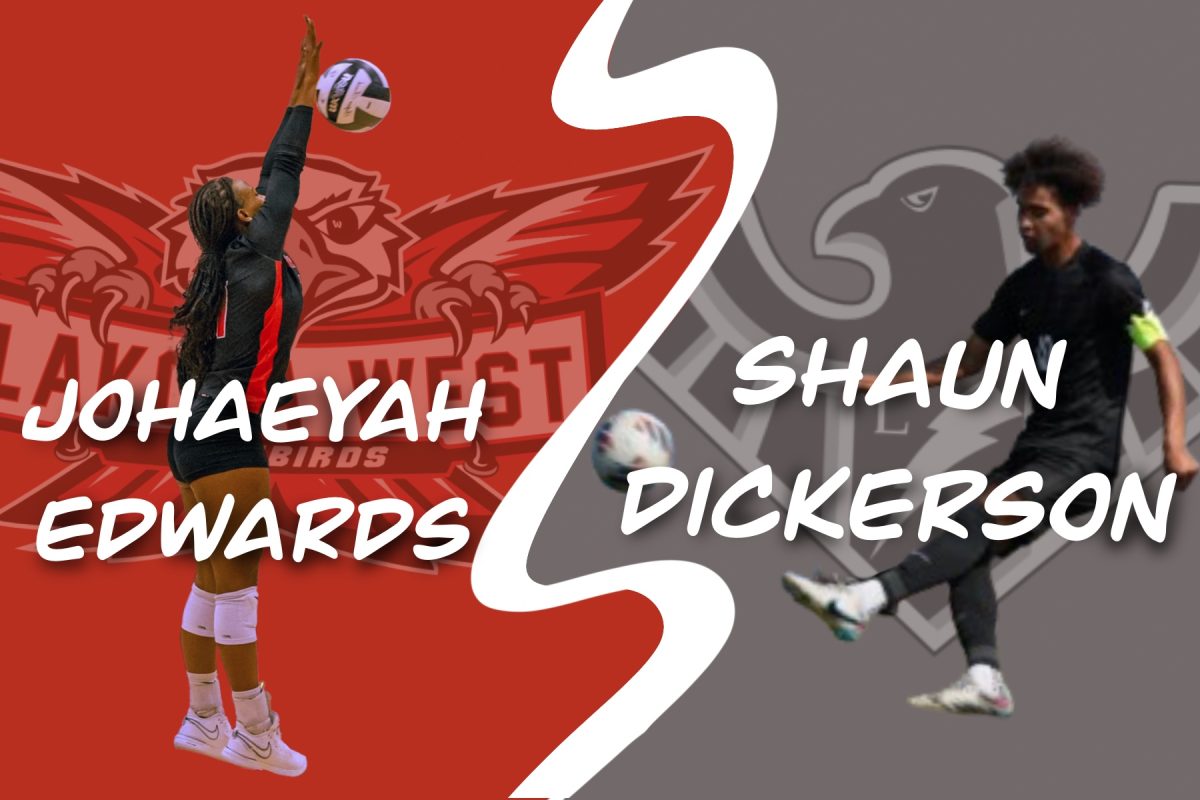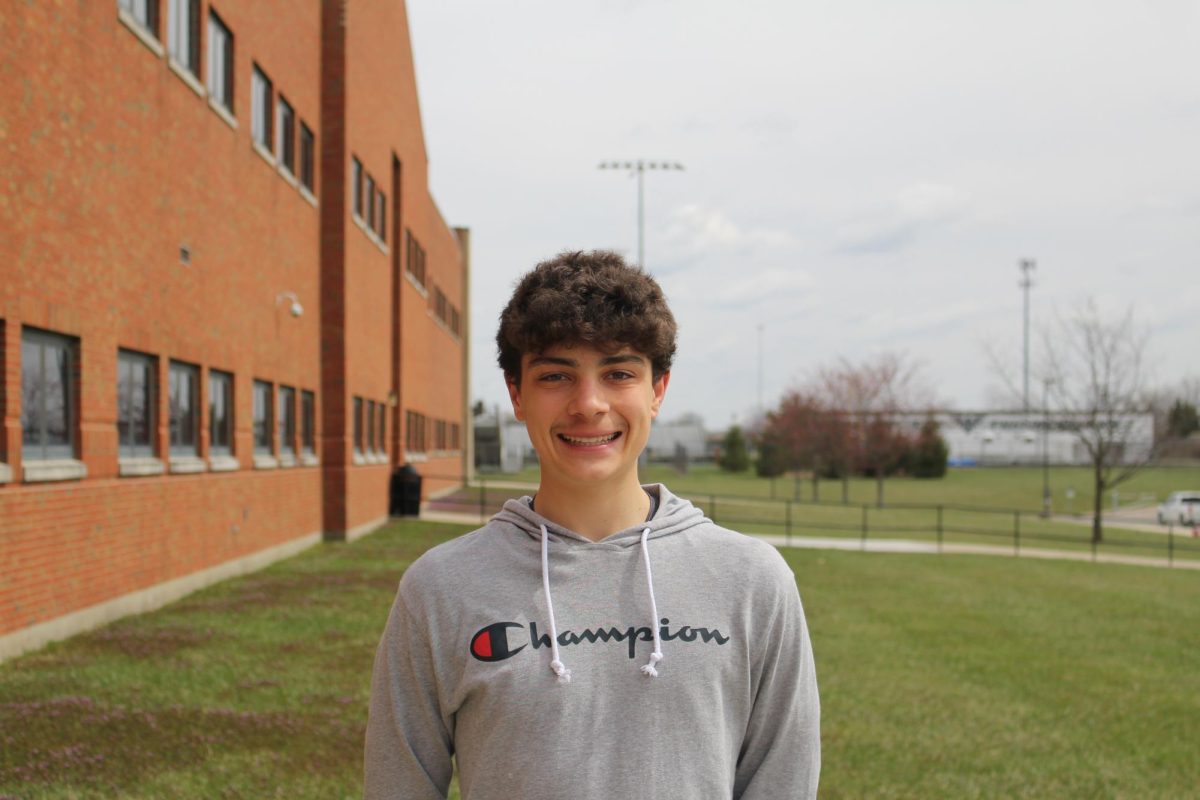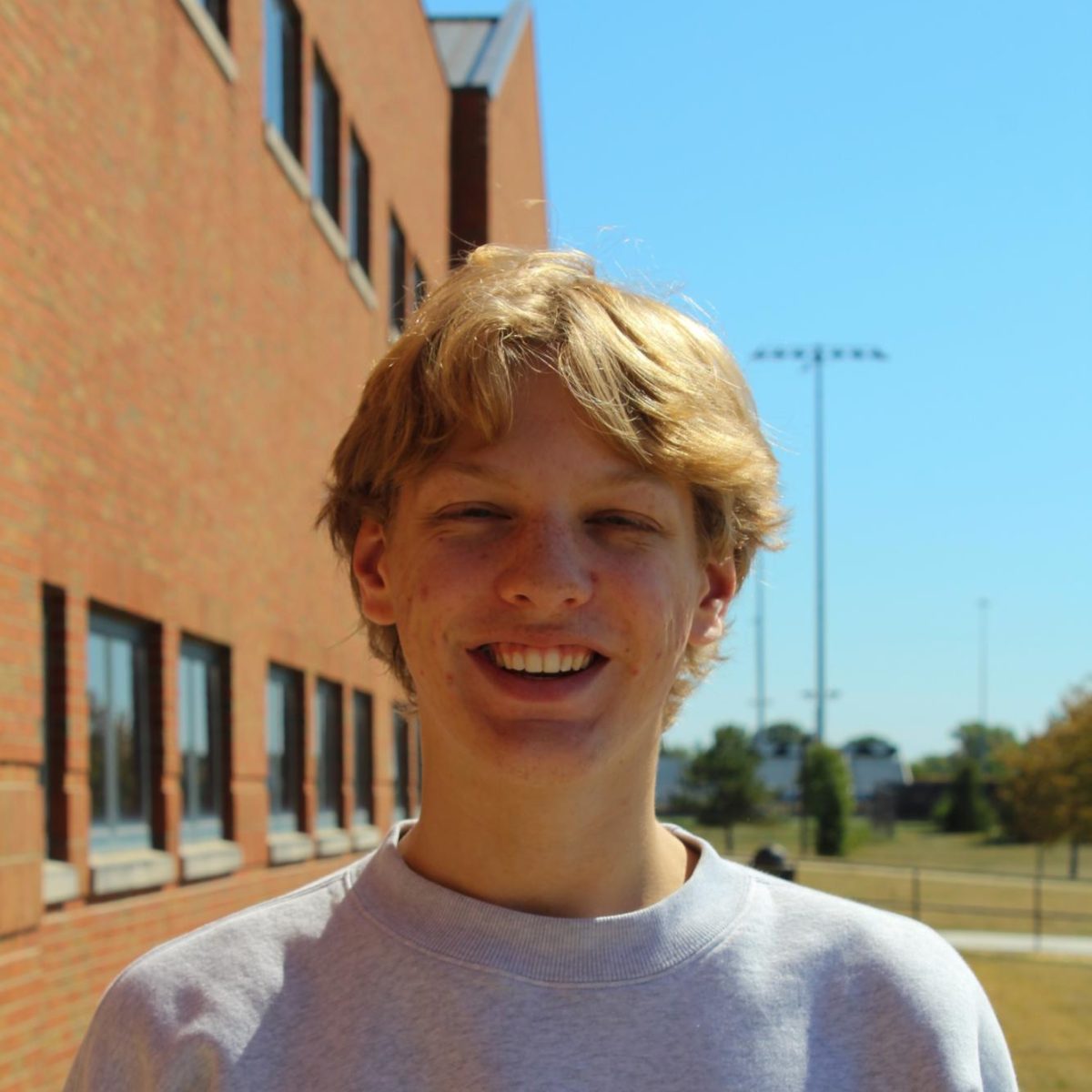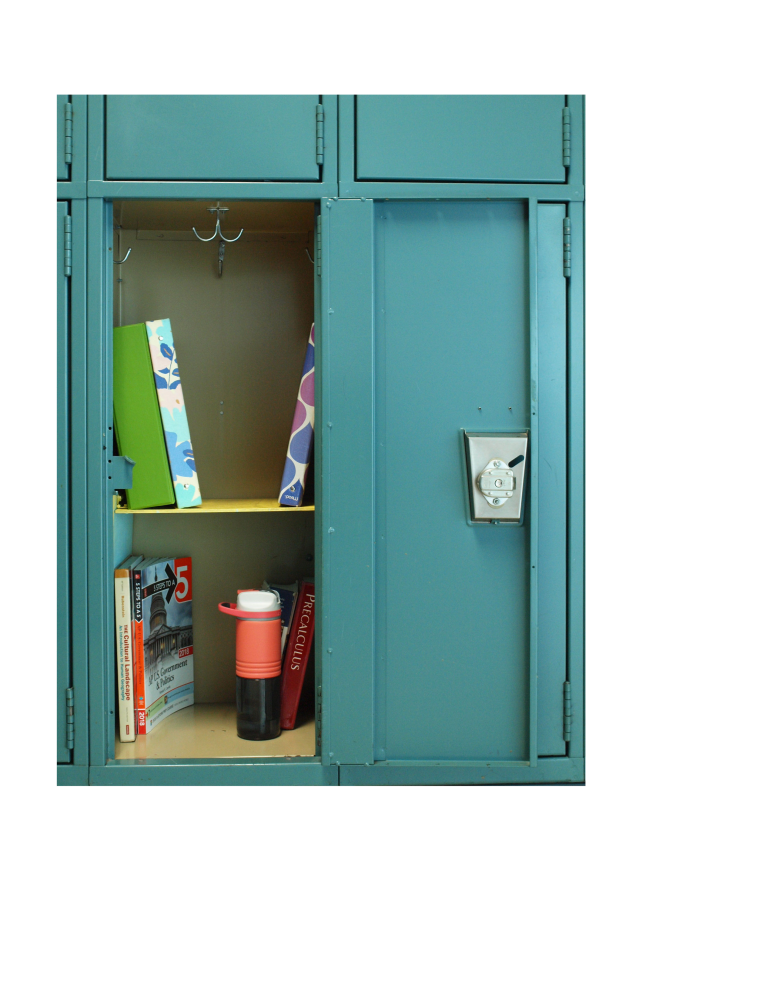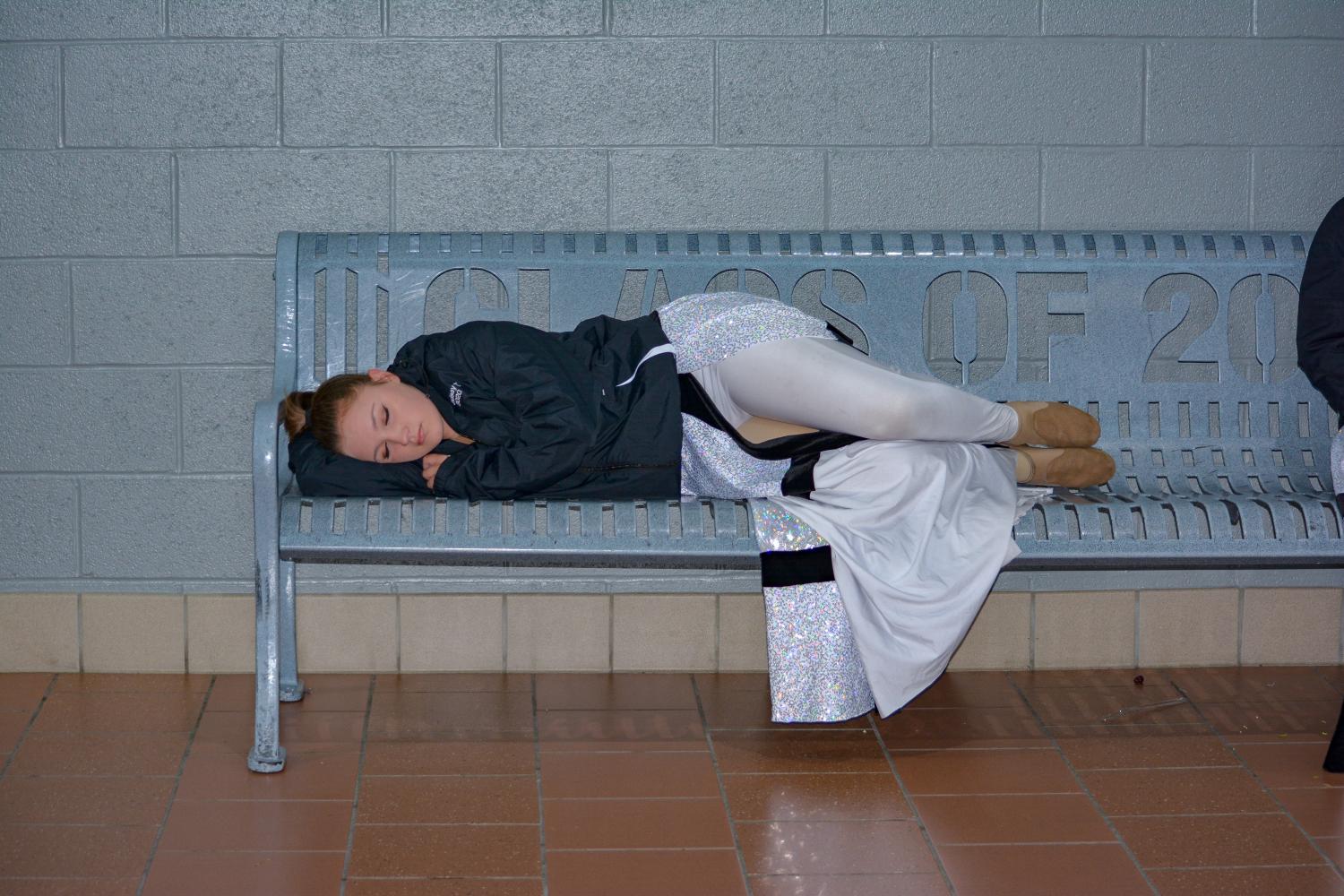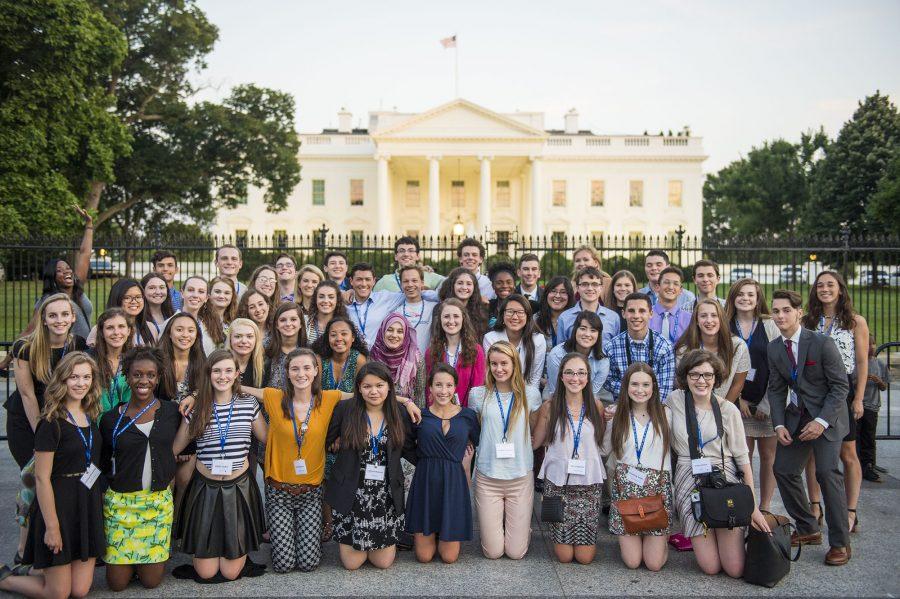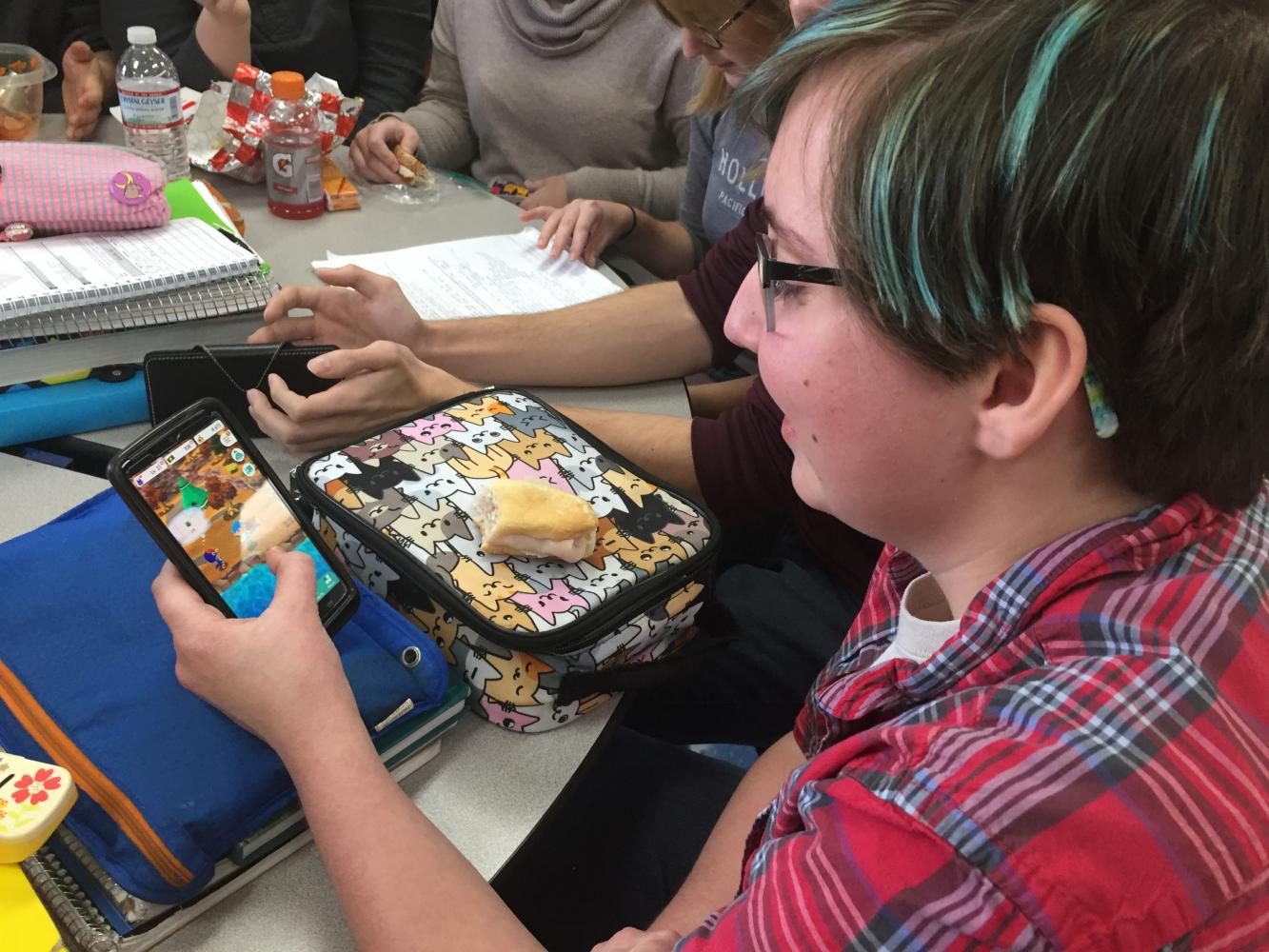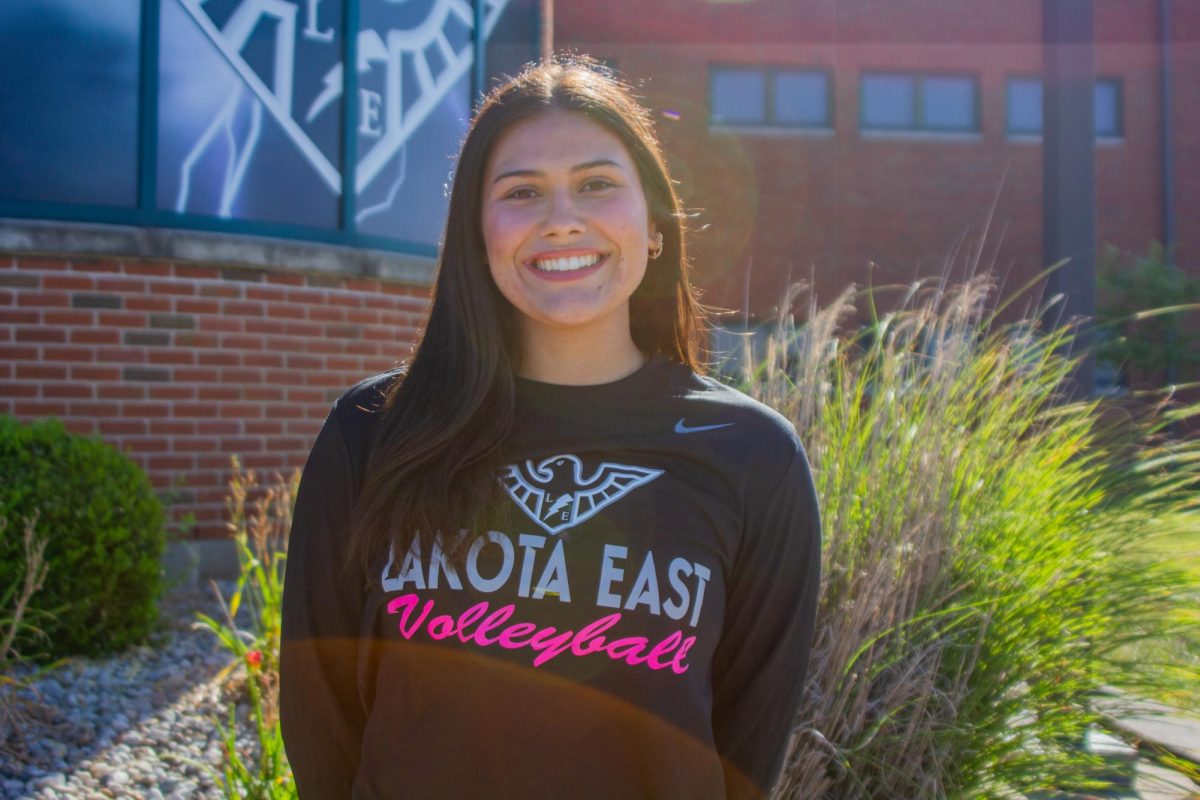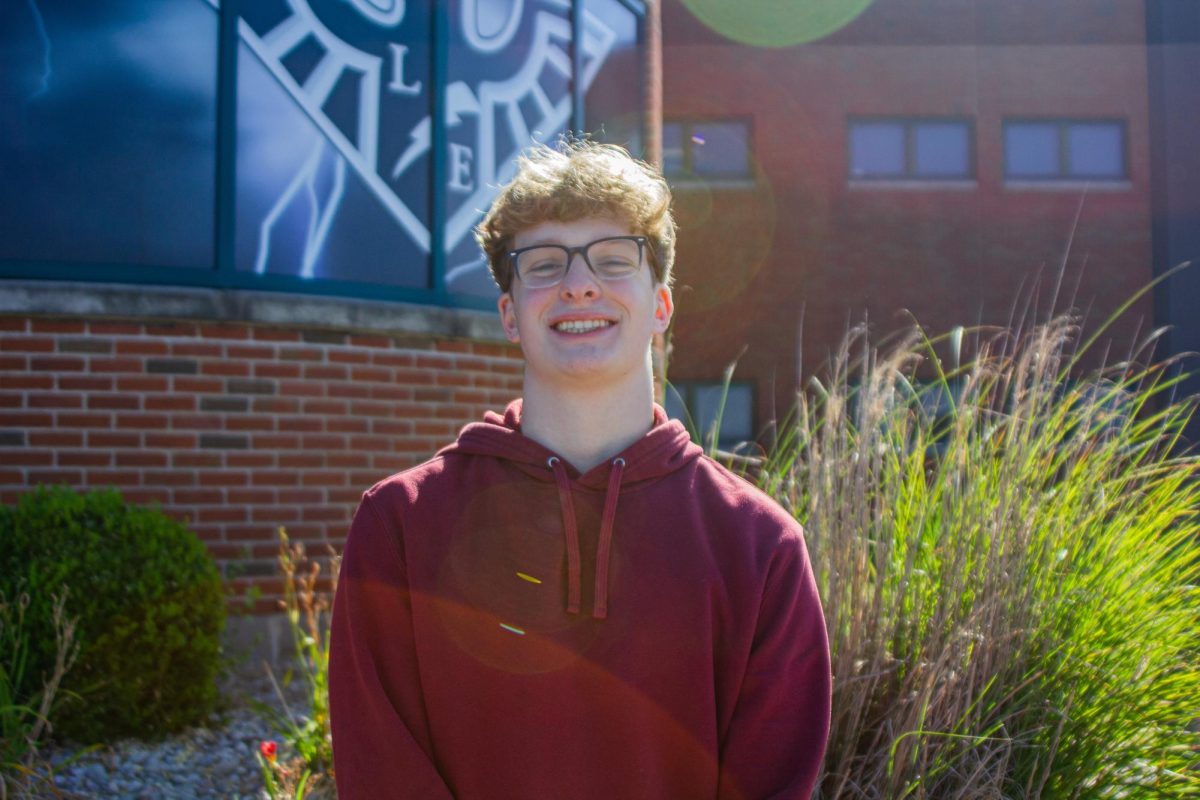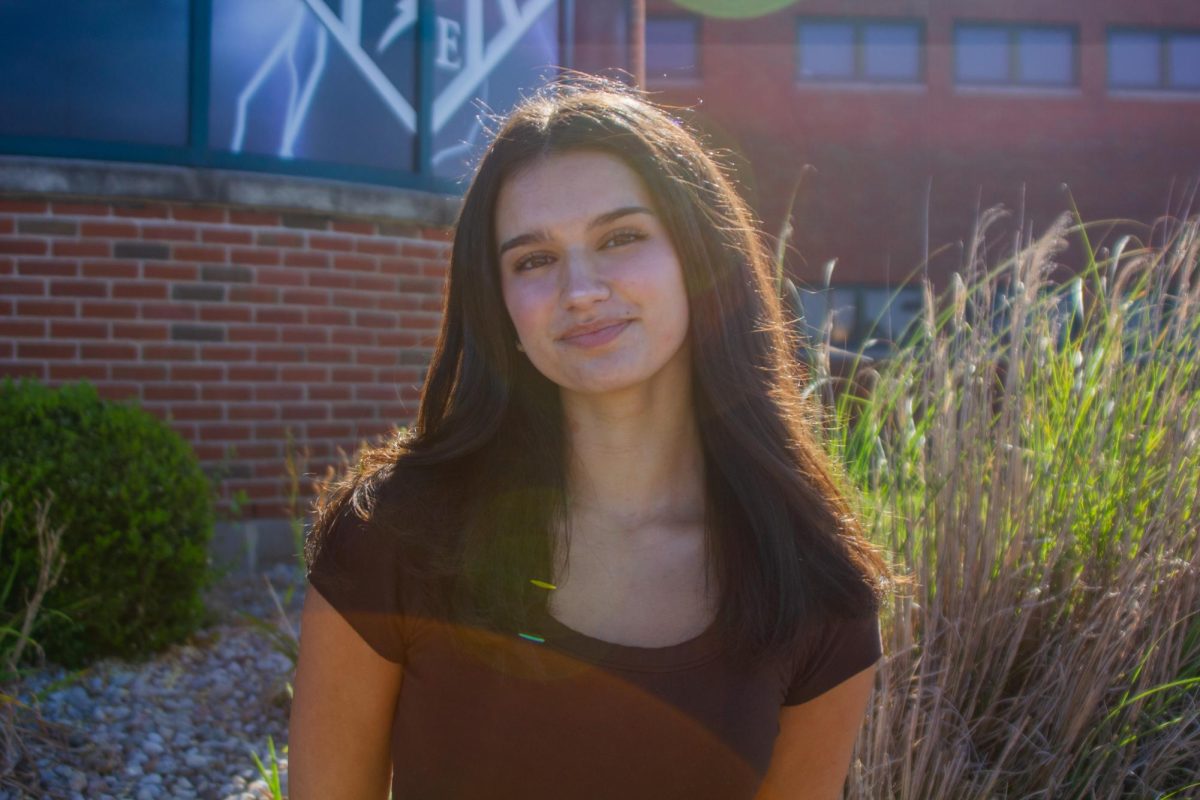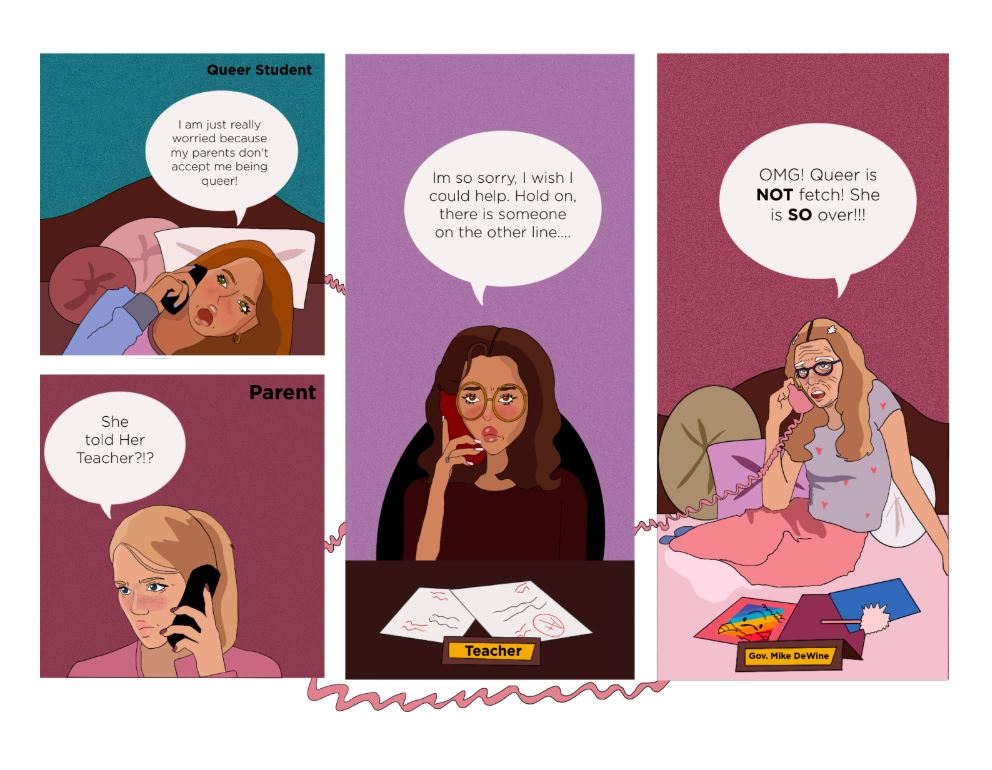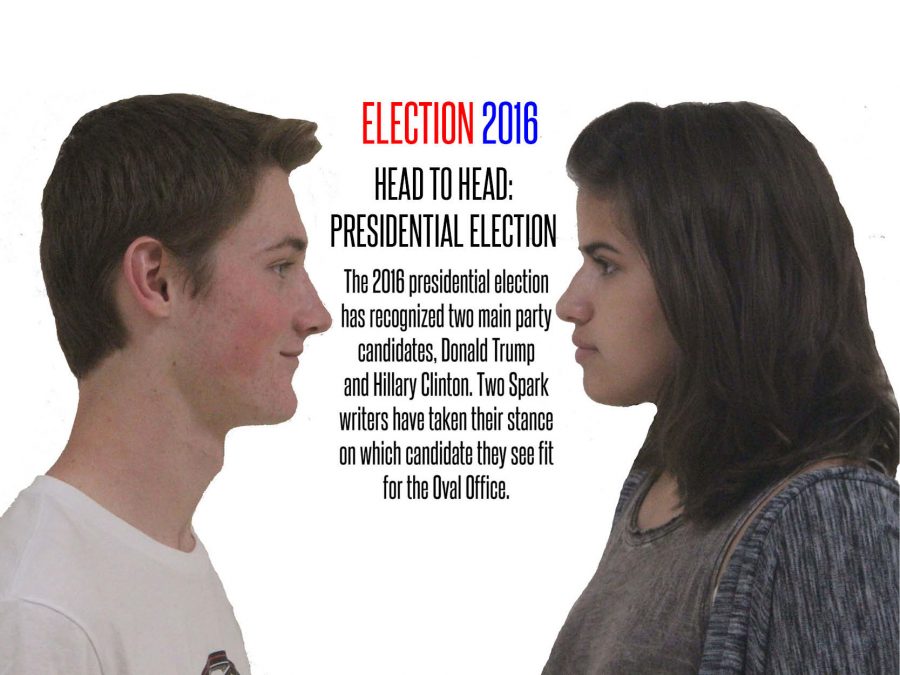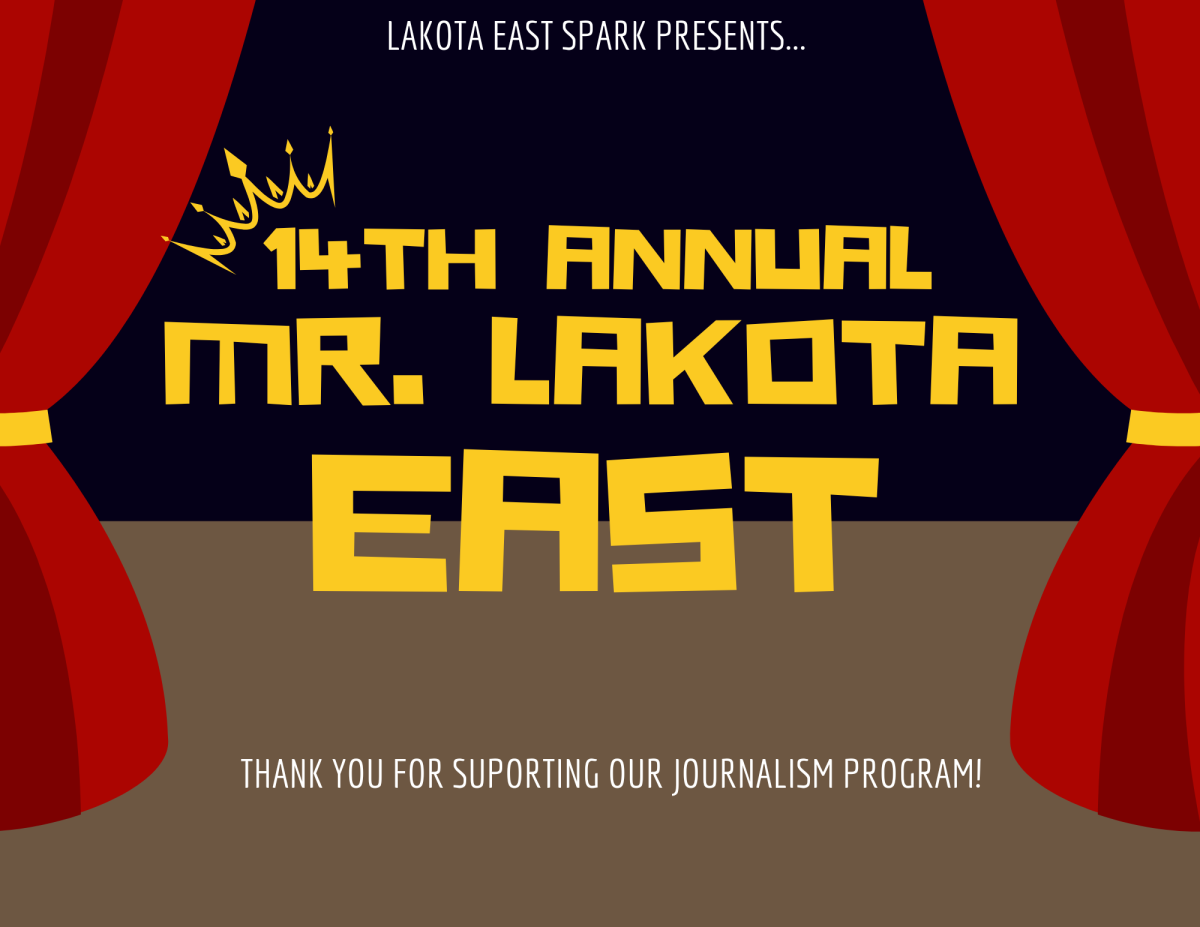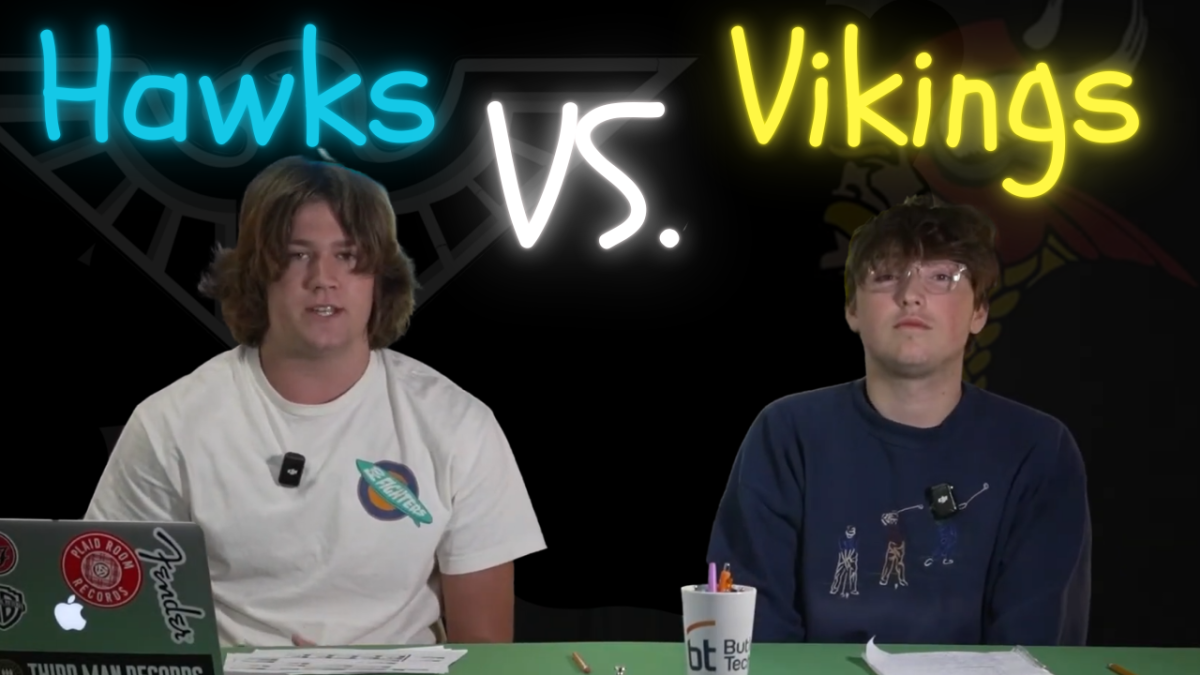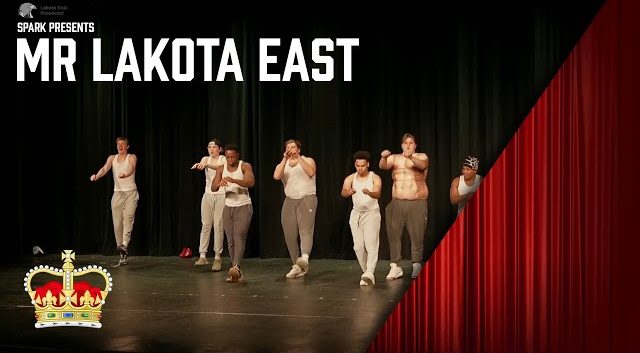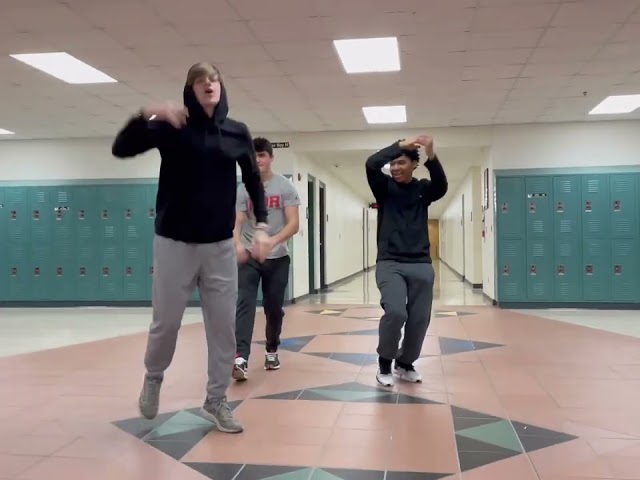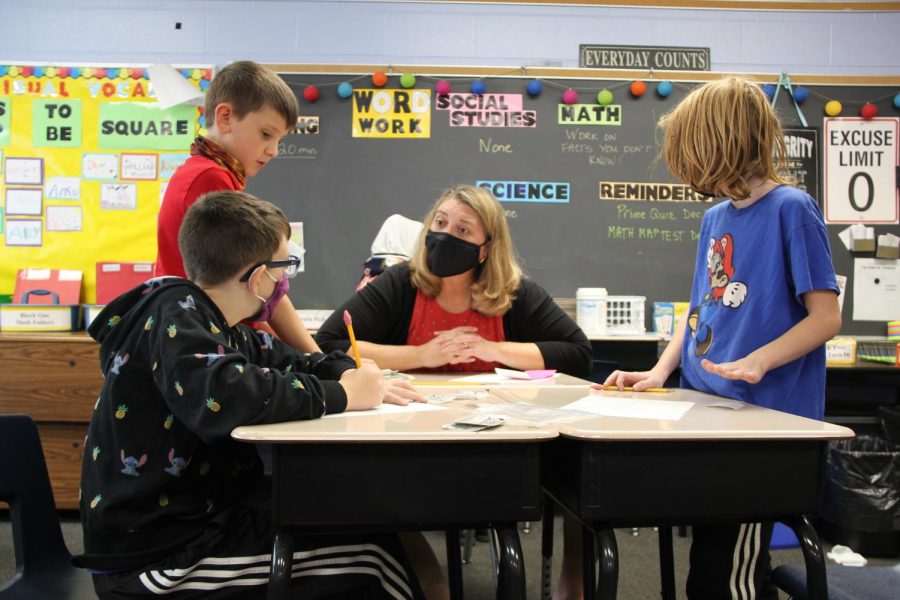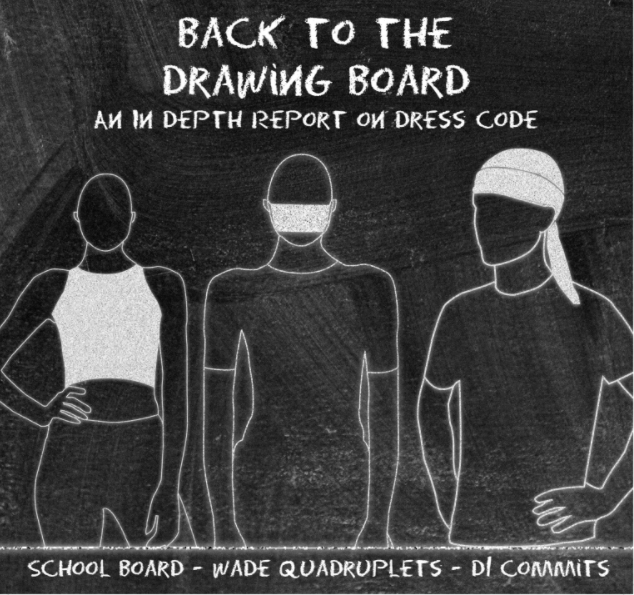STORY NATALIE MAZEY
PHOTOGRAPHY MARLEIGH WINTERBOTTOM
The November 2021 election saw an unprecedented eight candidates vying for the three open positions on the Lakota Board of Education. Darbi Boddy and Issac Adi won two of the open school board positions with 17.32% and 17.01% of the vote respectively. Incumbent Kelley Casper won the third seat with 16.15% of the vote. Casper currently serves as the board president, and this marks her second term as a school board member.
The election followed months of public stories about local school board meetings turning into shouting matches as participants wanted public participation sessions lengthened beyond the Board meeting policies; community members wanted legal findings, and one meeting was canceled in late October. Issues such as the mask mandate and critical race theory were at the center of the conversation.
Community Engagement
Board members serve four-year terms and can serve unlimited consecutive terms, earning no more than $5000 per year in total compensation according to the Ohio School Board Association (Ohio Revised Code Section (RC) 3313.12). Lynda O’Connor has served on the board since 2008, and during that time, the most noticeable change she has seen at board meetings is an increase in community engagement.
“What I see is a lot more passionate engagement from families, parents, guardians, and our students too,” O’Connor said. “We always have our spotlight sessions, but we’re having students come to the microphone and they actually talk during the thirty-minute [public comment] section and I love that. I think it’s terrific that we’re getting more comments and people being very transparent and open about what their concerns are.”
This increased community engagement has led to heightened disruptive and disrespectful behavior at board meetings, according to board member Brad Lovell. At the Sept. 27 meeting, a community member was removed for abusive language and unruly behavior which caused the meeting to be paused for ten minutes. At that same meeting, a deputy sheriff whose student attends Lakota caused a disruption during Superintendent Matt Miller’s presentation as well as during the 30-minute public comment period, where community members are permitted to speak for three minutes. This limit on public comment is imposed on all Ohio School Boards, according to the Ohio School Board Association (RC 3313.20)
Lovell decided not to run for a second term in order to focus on his family and career. During his time on the board, Lovell has seen national political debates take center stage within our community.
“I would also like to see respect return to the microphone,” Lovell said. “Unfortunately, some that attend the meetings have used the public comment as a political microphone and done so with very little respect.”
Casper also noted increased disrespectful behavior.
“I would just like to see more civility and more kindness, and more empathy for everyone involved. It’s not an easy job,” Casper said. “It’s basically a volunteer job, not really paid. And it’s not easy with where we are as a nation. I would just like people to be more civil.”
Controversies
Over the past few years, the board has been sued multiple times, including by a deputy sheriff at the Sept. 27 meeting who claimed the board violated his freedom of speech rights. In March 2020, Vanessa Wells, who ran for school board during the 2021 election cycle, filed an Open Meetings Act lawsuit, winning the settlement in August. Wells said she filed the lawsuit because the Lakota school board was having committee meetings in private which she saw as a violation of the Sunshine Law. Now, committee meetings must be announced to the public.
“I felt like there was a lack of transparency with our current school board and I think it’s really important for our elected officials to be held accountable to the community,” Wells said. “I didn’t want to criticize and point out all of the things wrong without also trying myself to be in that role.”
During her campaign, Wells cited the most difficult part was seeing the disrespect exhibited by adults.
“When I say [adults] need to be role models, I mean respecting each other’s differences,” Wells said. “A lot of the disrespect that came from the adults is sad to me because that’s not being a role model for our students.”
In August 2020, a former board member resigned after emails of him saying “they should have shot them” surfaced in regards to two students being arrested at Lakota West. Douglas Horton cited this instance as to why he chose to run for school board this past election cycle, in which he finished fourth with 15.42% of the vote.
“I remember reacting like most of the parents in the district, just outraged that somebody like that could represent the district,” Horton said. “Going into this election cycle, I was concerned that there might be other people like that individual who would not be the right representation for our district. Outside of the desire to keep on the track that I’ve always been on as part of the District Parent Council, I really wanted to make sure that the voters had a choice to represent the district in ways that were consistent with what our district stands for.”
Micheal Pearl, who finished in fifth with 15.4% of the vote, was unanimously appointed to the board on Sept. 14, 2020 to replace the resigned member and will finish his term in December 2021.
Role of the Board
Julie Shaffer has served on the board since 2012 and believes part of the controversy surrounding the board stems from a lack of understanding from the community about the role of the school board. The duties of a school board member include hiring and evaluating the superintendent and treasurer as well as setting policy.
“I think many people believe that we’re far more involved in the day-to-day decisions than we are and they often try to pull school board members into those day-to-day decisions, which is not the appropriate role of the school board,” Shaffer said. “That’s why we have our administrators in their roles, to do the day-to-day decision making. The school board is to be in that higher-level governance role. We’re there to be an ear for the community and that’s why they elect us.”
Despite not being involved in day-to-day decision-making, Casper attests that it’s important for board members to stay involved whether that be attending Lakota sporting events or getting involved in organizations within the community; Casper and Shaffer both served on the District Parent Council and Parent-Teacher Organizations (PTOs) within the district. Currently, Casper does fundraising for the Boys and Girls Club and works with the Lakota Optimist Club.
“It’s important that we are seen in the community at school events,” Casper said. “I think it’s important that the students and the staff see us being involved [which] humanizes us. We’re not just sitting up there passing policies, we actually are invested in the students and the staff in the district.”
O’Connor agrees with this sentiment. She serves as the president and board chair for C3: Caring Community Collaborative and is involved in the Butler County Family First Council and the Butler County Suicide Prevention Coalition among many others.
“You have to be present. It makes you accessible to people who want to talk to you,” O’Connor said. “It lets them all know as our students that we’re concerned about them and we’re caring about them and we’re there cheering them on.”
Shaffer explains that being involved in the schools is part of being an effective board member.
“I think giving back within the schools is important,” Shaffer said. “Even once being on the board, still being able to be in touch with the day to day operations is critically important because you may implement something on the board and it has one intent, but to be able to see how that’s working within the schools is important to actually understand what’s happening on a day to day basis.”
In an email interview with Spark, Adi said he plans on being involved in the Lakota community during his term.
“As a board member, I represent everybody in the community, which includes parents, students, teachers, staff & taxpayers in the school district,” Adi said. “In view of that, I will be visible and interact with the members of the public as much as possible.”
Membership Retention and Engagement Consultant for the Ohio School Boards Association Mark Bobo told Spark that there are three tenets that make an effective school board member.
“[An effective school board member] sees the importance of public education. They believe in the potential of each student. They are solely focused on making sure that their district leadership has the resources and support needed to be effective in their role,” Bobo said. “You have to believe that public education makes a difference in our society.”
Bobo works to ensure board members have all the resources and support they need. The biggest issue members have faced in the past year has been how to respond and bounce back from the pandemic.
“Some [districts] were reopening their buildings, some were doing hybrid, some were totally remote,” Bobo said. “Really the biggest issue that we’re facing right now is dealing with the pandemic and what is the best way to make sure our students are still on track for successful high school completion and graduation.”
Miller told Spark that there has to be balance in being a school board member, but students should always be the priority.
“One of the things to remember now is that the focus for all of us in education should be on our students, but there is also a community piece to that they are the elected body elected from our community,” Miller said. “But when you look at the priority of an education institution, students should be at the top of that list.”
Despite finishing sixth with 10.3% of the vote in the election, Wells contends she will continue to be a presence within the district in order to ensure kids are put first.
“I want to make sure that whoever is on the board is remembering that the kids are the number one priority,” Wells said. “We need to put them at the forefront of every decision that’s made.”
Political Discourse
Alongside struggles regarding bouncing back from COVID-19, the board has also faced increased discourse regarding political issues.
“Now you have all this national pressure and schools have become a political hot button. I think it’s very challenging for all of our teachers and administrators to manage all of that currently,” Shaffer said. “There’s a lot that our schools and our staff are dealing with currently and it’s hard to take anything off the plate because the expectations just keep going up and up all at the same time.”
One national issue that has found a prominent place at school board meetings is Critical Race Theory (CRT). Ballotpedia, a political tracking website, found that in 76 school districts in 22 states school board candidates took a stance on race in education or CRT. Superintendent Matt Miller told Spark critical race theory is not taught in Lakota.
“[Teaching CRT] has not been the intent and it’s not been something that we’ve been able to put our finger on in terms of where that’s coming from,” Miller said. “I know that other districts are dealing with that too. But again, if there’s something that’s an issue or a problem that someone can give us something to point towards, we can certainly take a look at that.”
East teachers echo that in a Spark survey. 85% of 31 East teachers surveyed by Spark said CRT should not be a point of debate.
“I think [CRT] is an issue we have to continue to look at when parents bring concerns,” O’Connor said. “We need to really investigate that and make sure that we’re keeping things that our community wants us to be teaching.”
One anonymous teacher said CRT should not be a point of debate because “we don’t teach it so it is a non-issue.”
Casper said CRT is a graduate-level course and is not taught in the district.
“I think this comes from a national place of fear. People that think that we’re teaching critical race theory are referring to diversity, equity, and inclusion activities as CRT. I think that it’s hard for people to understand that that’s not what CRT is and it is important that we teach diversity, equity, inclusion, and social-emotional learning,” Casper said. “Kids are under a lot of pressure. The more as a school district we can do to help them before it gets to a crisis standpoint, the better off we are. All of those things are important, and I don’t think any of them are CRT.”
One anonymous teacher agrees that some people do not understand what CRT is.
“Most people don’t even understand what it is, because it is a graduate-level college theory based around institutional racism,” an anonymous teacher said. “Should we allow people who don’t understand it to shut down appropriate conversation about the history of race and discrimination in this country? Absolutely not.”
Another anonymous teacher said it is not necessary to agree or disagree 100% in the debate about CRT with zero nuance.
“One over-reaction tends to beget another overreaction in the opposite direction,” another anonymous teacher said. “It’s messy and sometimes ugly but that’s how our democratic republic was intended to function. Hopefully, cooler heads prevail.”
According to criticalrace.org, a website that tracks where CRT is taught, found that 18 higher education institutions in Ohio teach CRT, but they have not found any K-12 institutions that do.
“I ran a campaign that was very focused on celebrating the diversity of our district. Some of the winners [of the election] were talking about eliminating the Lakota Office of Diversity Inclusion (LODI),” said Horton, who worried that monitoring teacher discussion shouldn’t be the focus of the school board. “So I’d hate to see very valued services like LODI or some of our great teachers be scapegoats for a political agenda. Instead, I really want to make sure that the district stays on track to continue to grow Student Services.”
Casper, Pearl, and Horton were endorsed by the Lakota Educator’s Association (LEA). The LEA declined to comment at this time.
“School teachers are our number one expense as a school district, but they’re also the number one determinant of student outcome and student achievement as well,” Horton said. “I took their endorsement as a badge of honor that they saw that the vision that I was laying out for the district was one that they understood as educators would benefit our students, but also that they would see me as a fair partner across the table when it comes time to negotiating contracts, compensation and salary with them overall.”
All of this unrest as well as the national media coverage of School Board unrest worry local teachers. 61% of East teachers are concerned for the future of the board, according to the Spark survey.
Boddy and Adi were endorsed by the Butler County Republican Party. Boddy declined to answer the questions for this interview.
Wells, who received 10.3% of the vote, dropped her Republican endorsement after members of the Republican Party told her what to say at a rally.
“There are members of the Republican Party that believe that politics should be at the forefront, and I just don’t believe that,” Wells said. “I didn’t want to stand for something that I didn’t believe suits the needs of all the kids.”
Horton said he saw this nonpartisan school board election become politicized. The Butler County Democrats did not endorse a school board candidate. According to records filed with the Butler County Board of Elections, Boddy’s top donors include the campaign committee of state Sen. George Lang, R-West Chester, Butler County Commissioner T.C. Rogers, and the Northeast (Hamilton County) Republican Women’s Club.
“This election cycle showed that there was definitely a strategy to politicize the election,” Horton said. “Whether it’s right or wrong, there was a concentrated effort to influx money from outside sources into something that has been really local and something that I believe shouldn’t be partisan. It should be really reflective of the parents and the community members, speaking up and deciding what’s right for their school district. It’s hard when there’s a lot of money flooding in that really skews the results.”
O’Connor, who has run for the board four times, told Spark that endorsements have always been a part of the Lakota school board elections
“I don’t think there are any political races that don’t involve different endorsements and parties and organizations,” O’Connor said. “It’s not anything new or different. I think there are many, many people in our community regardless of what their party is, that are concerned about education and want the best for our students.”
Casper, O’Connor, and Shaffer all agree students should be at the forefront. They all voiced that they are excited to see the Cybersecurity program in Lakota grow in the future alongside internship opportunities that were put on pause due to COVID-19.
Shaffer said that the board needs to focus on the students.
“We don’t let the national political issues become too distracting from our day-to-day operations,” Shaffer said. “We continue to focus on what our students need, fulfilling the curriculum objectives that the state has set forward for us, and moving forward on a local level without the noise that’s happening nationally.”






